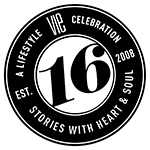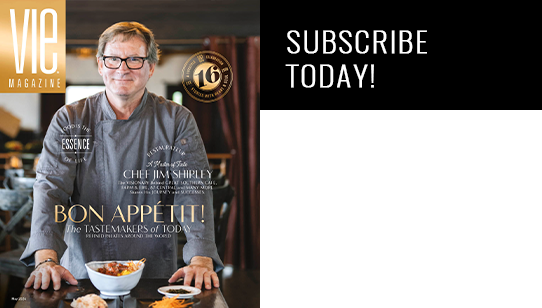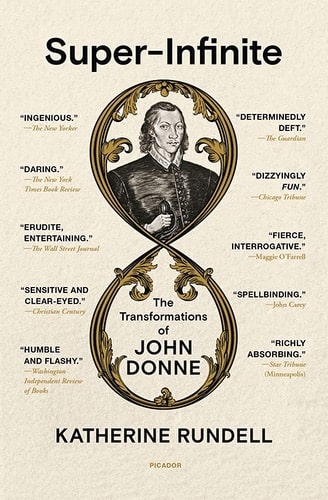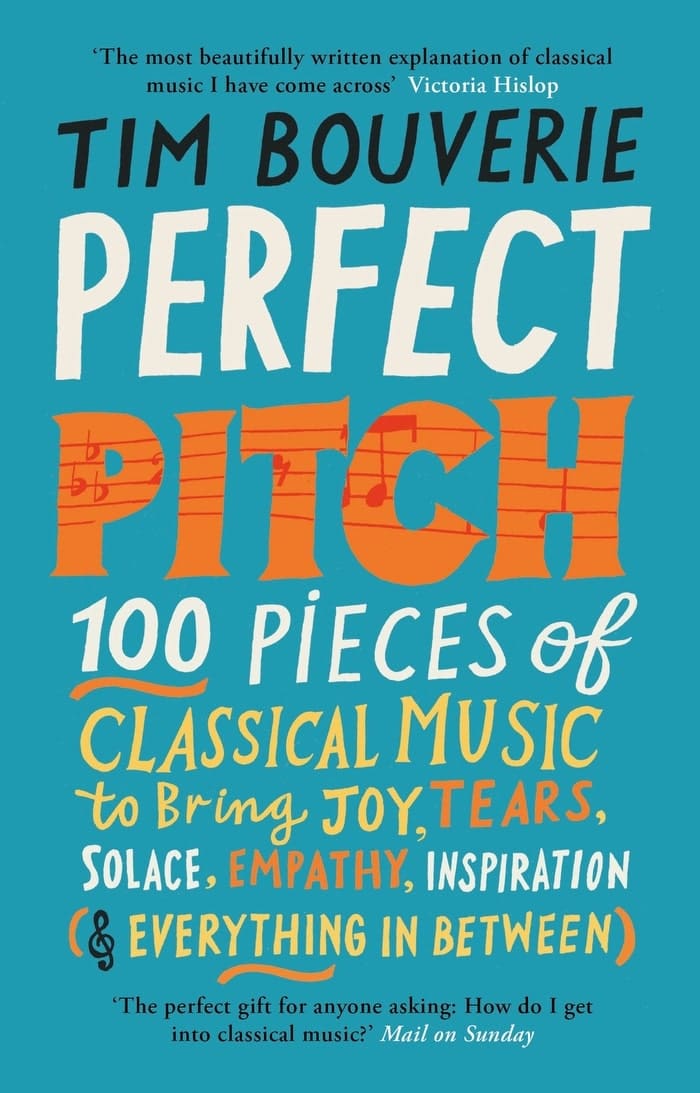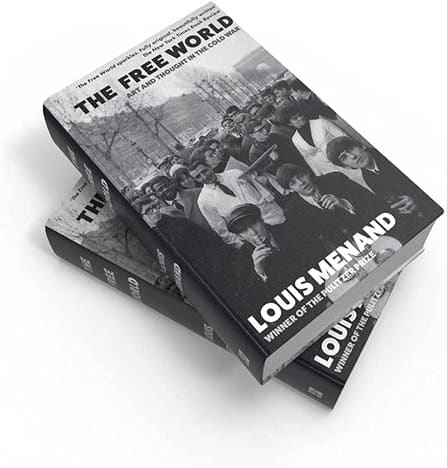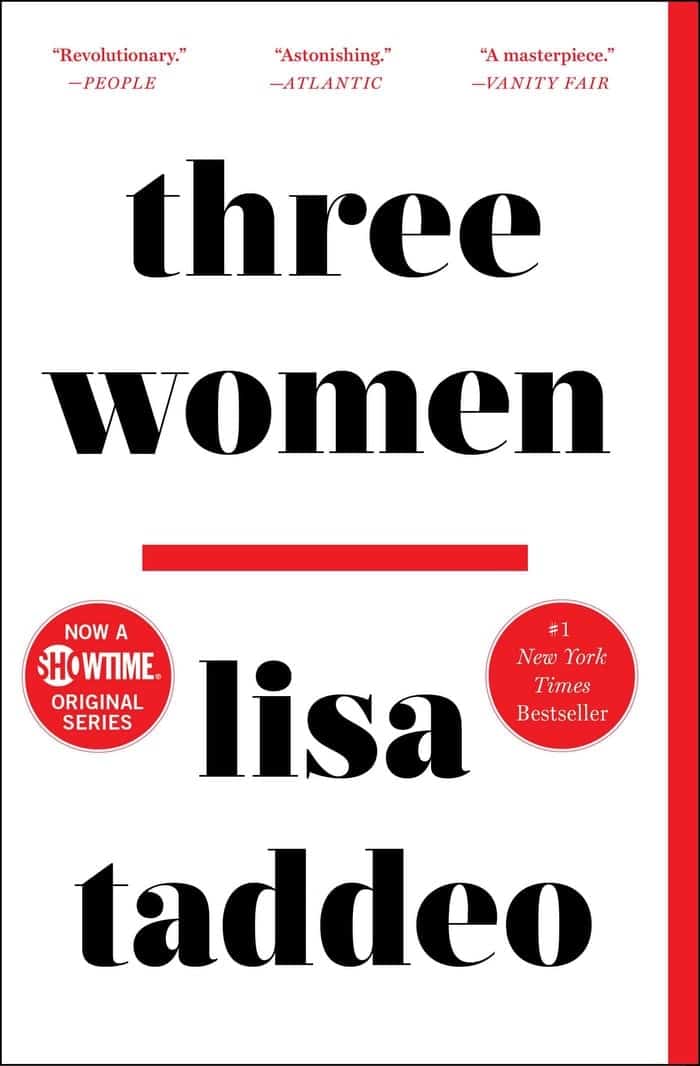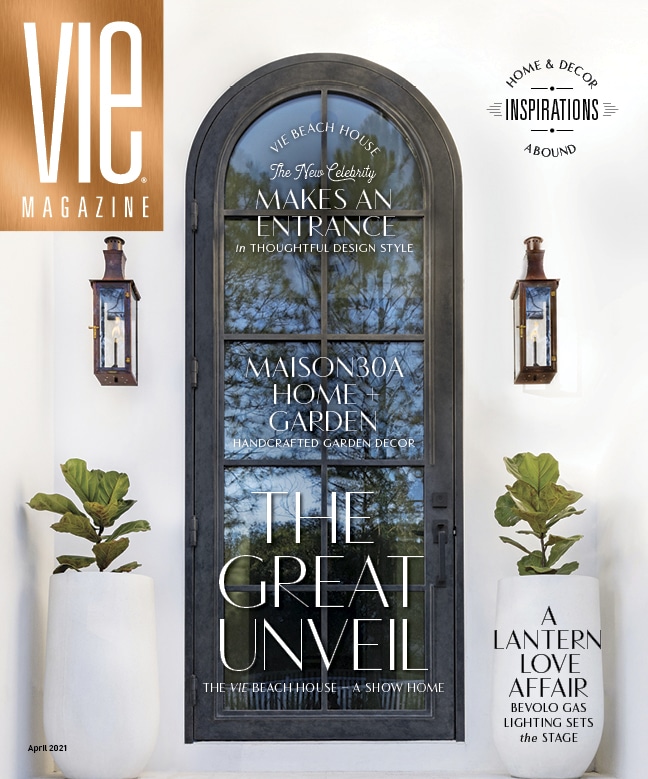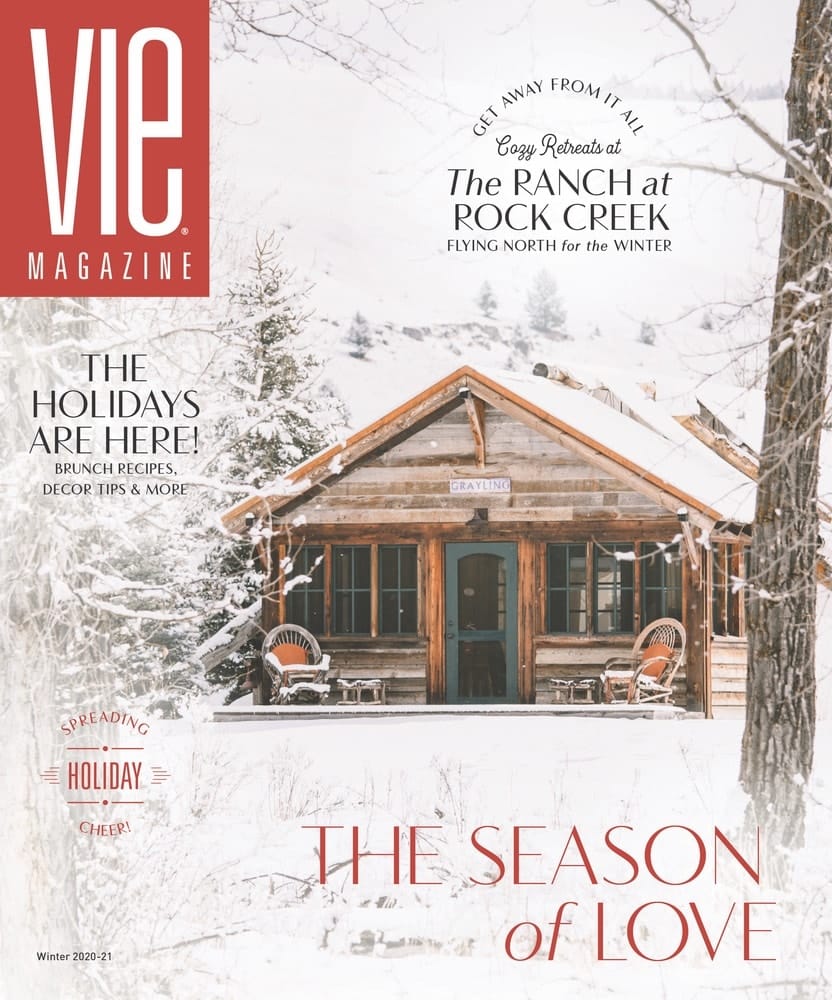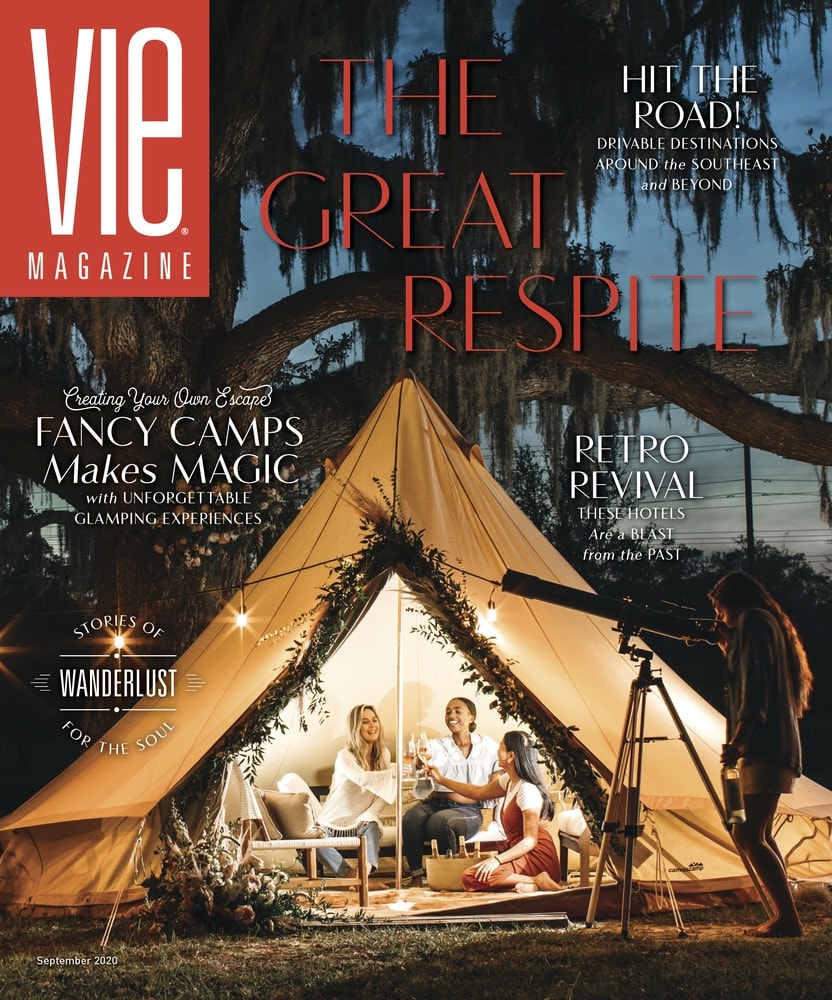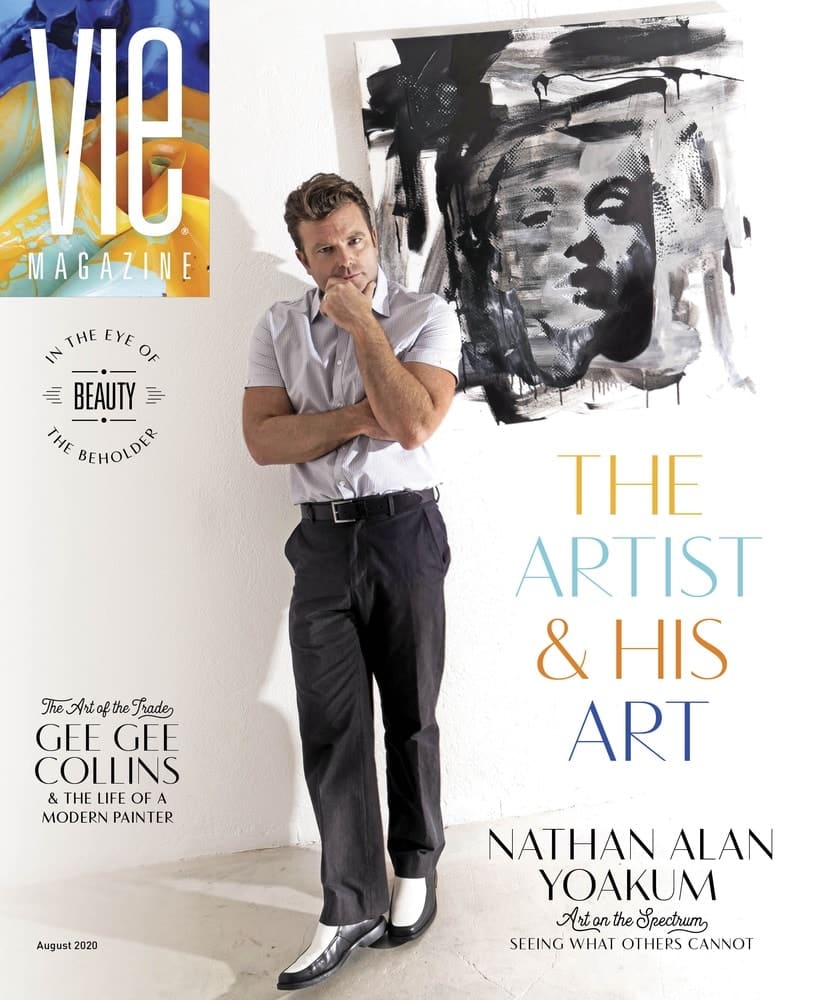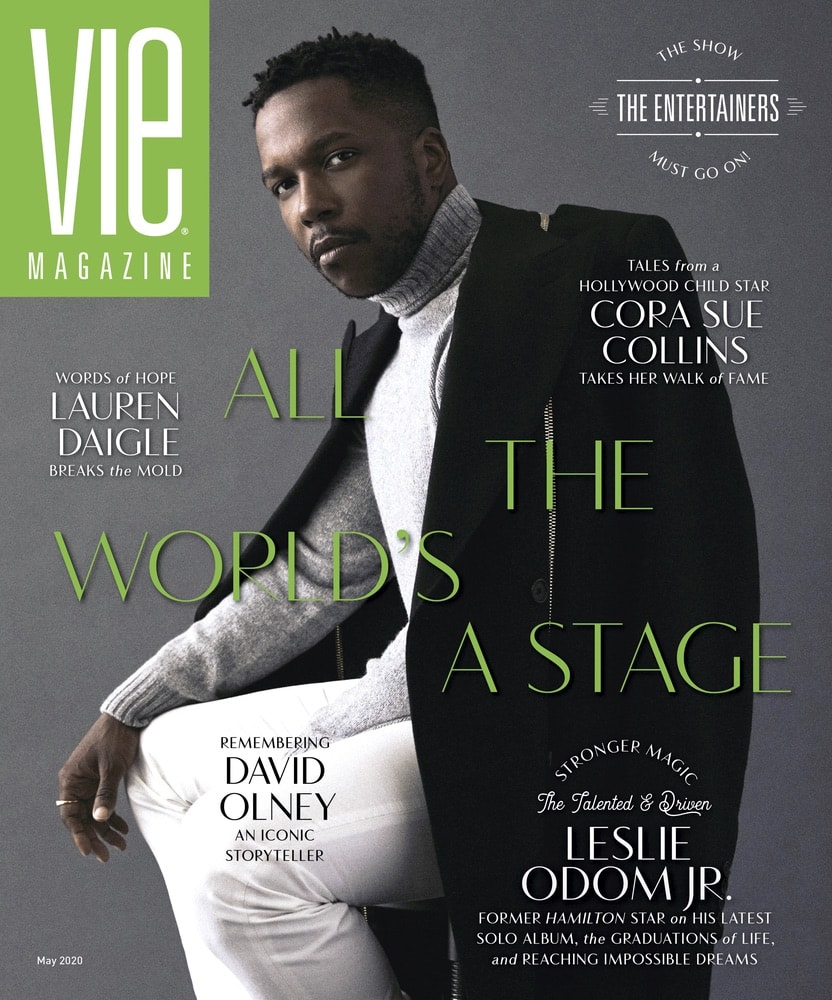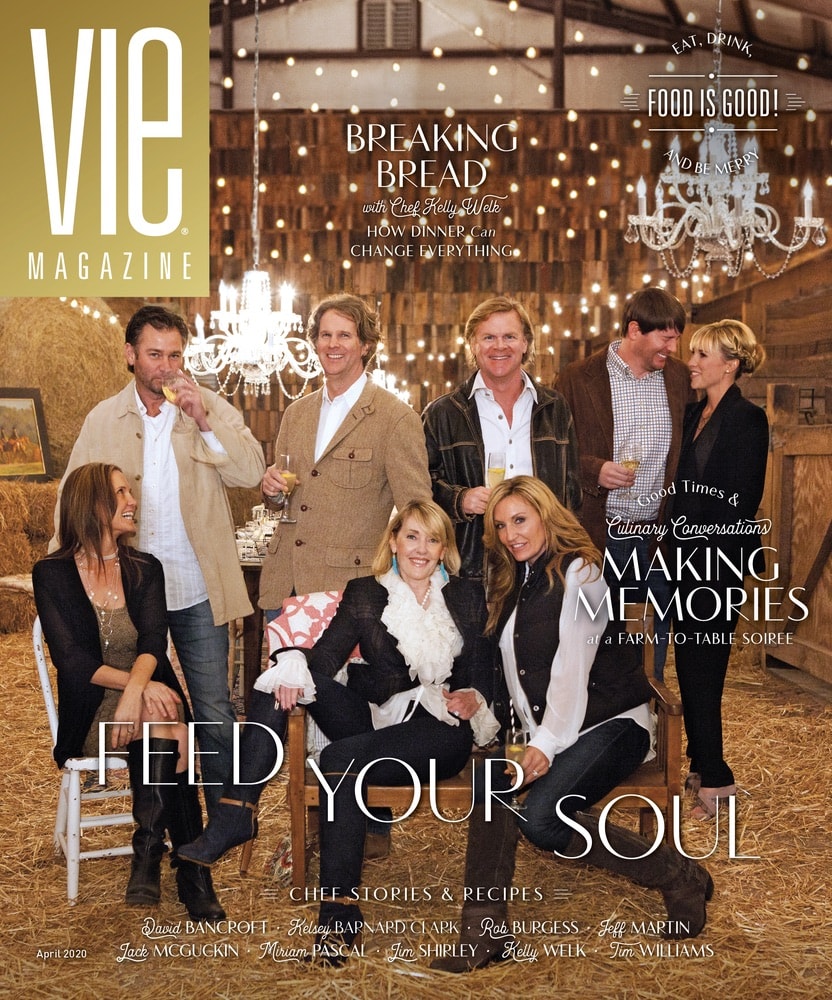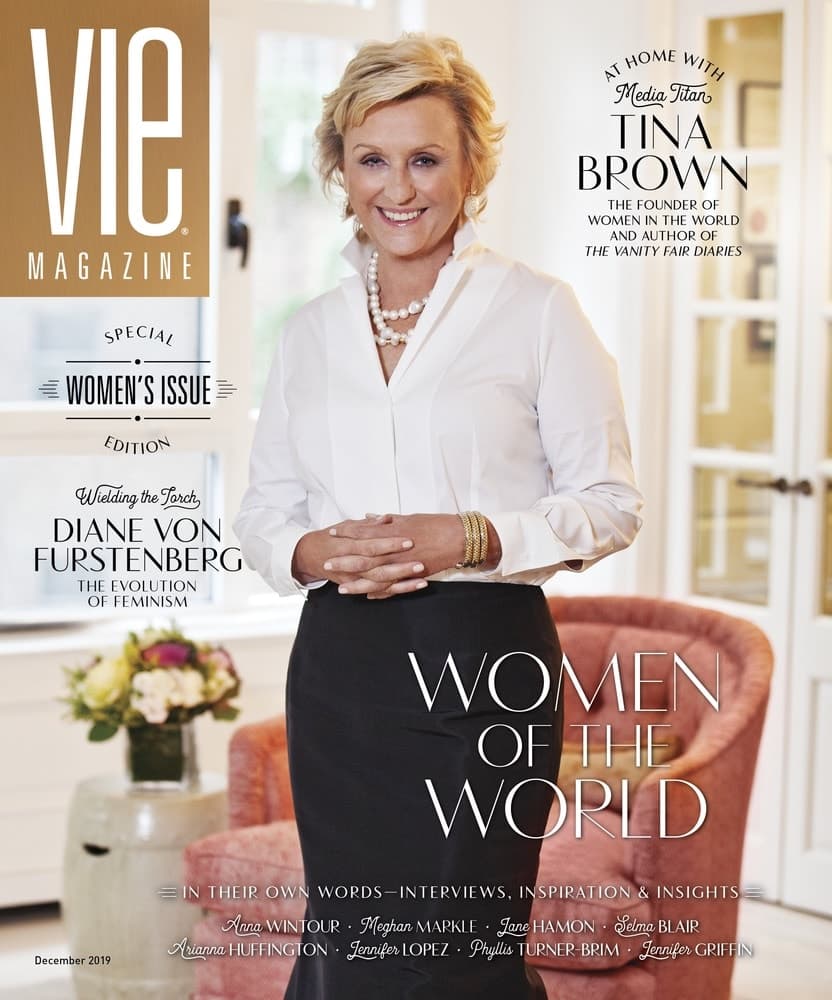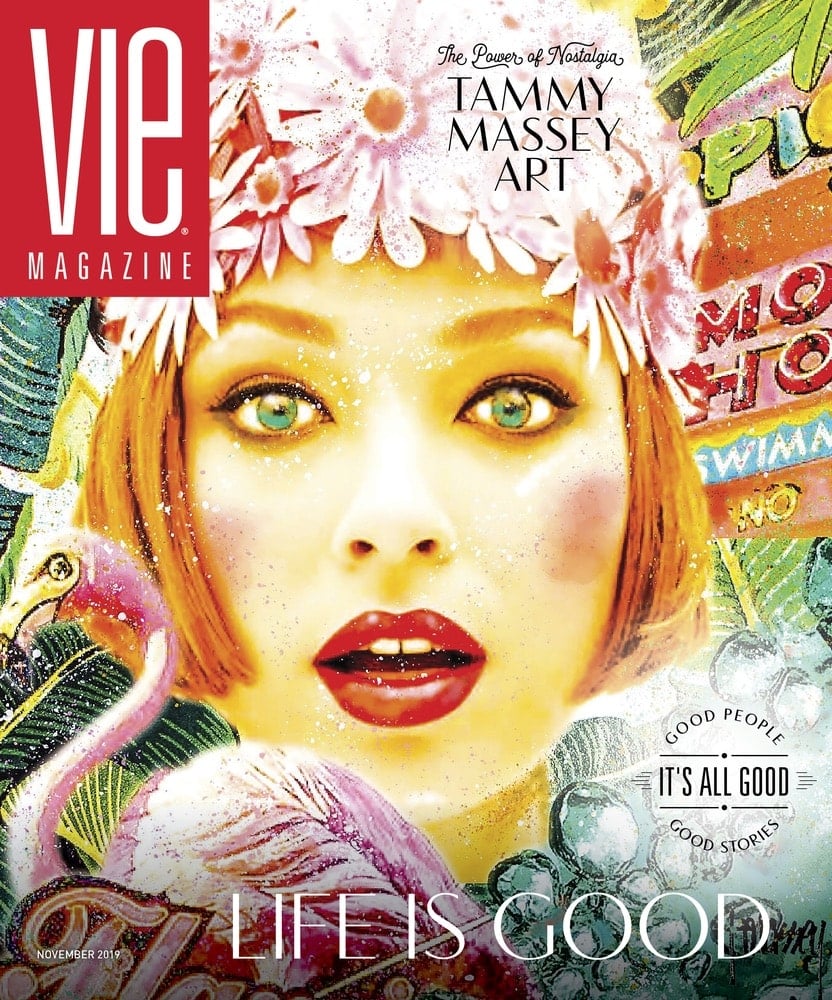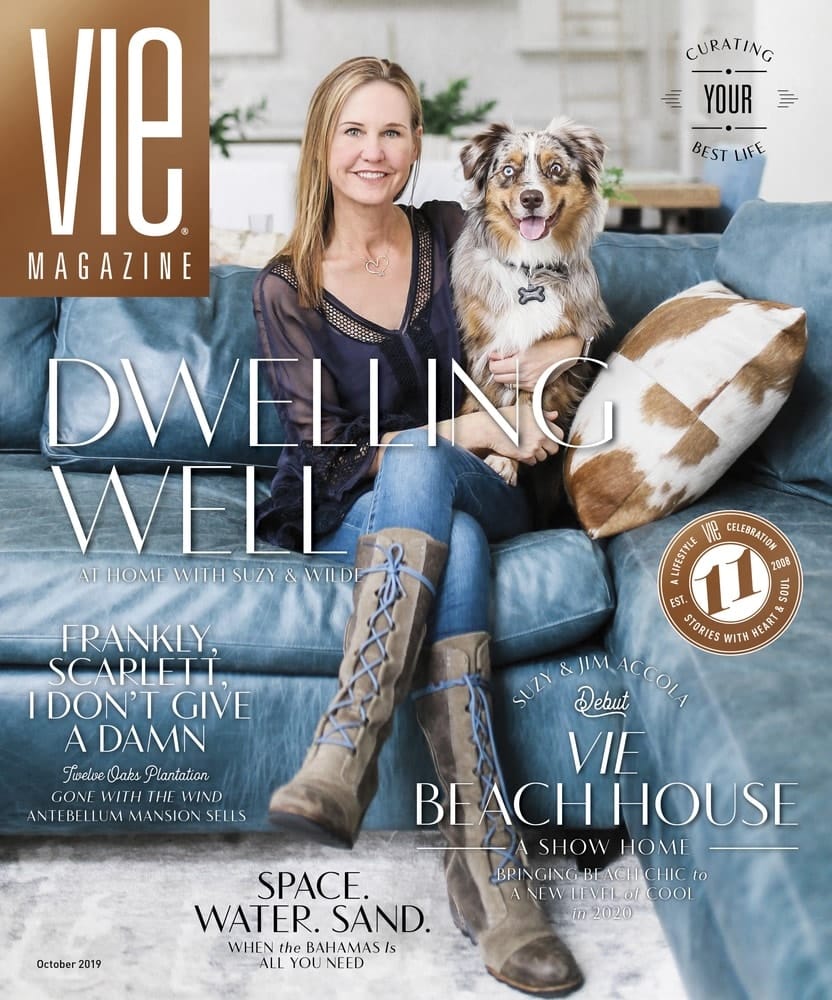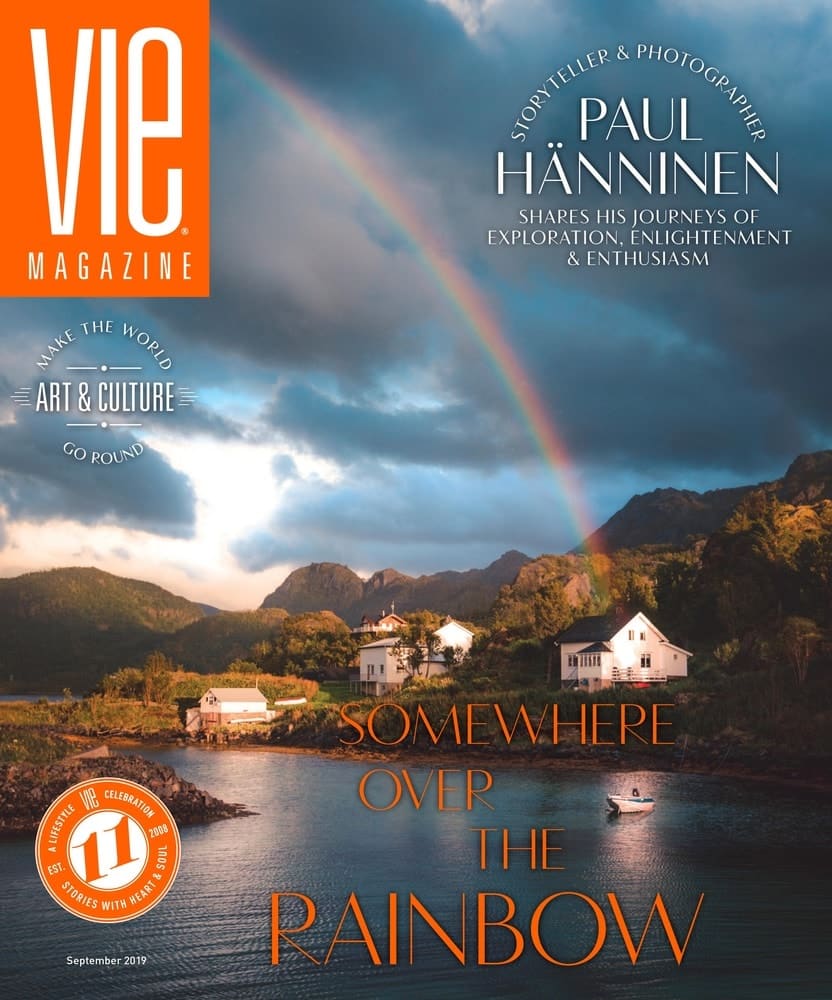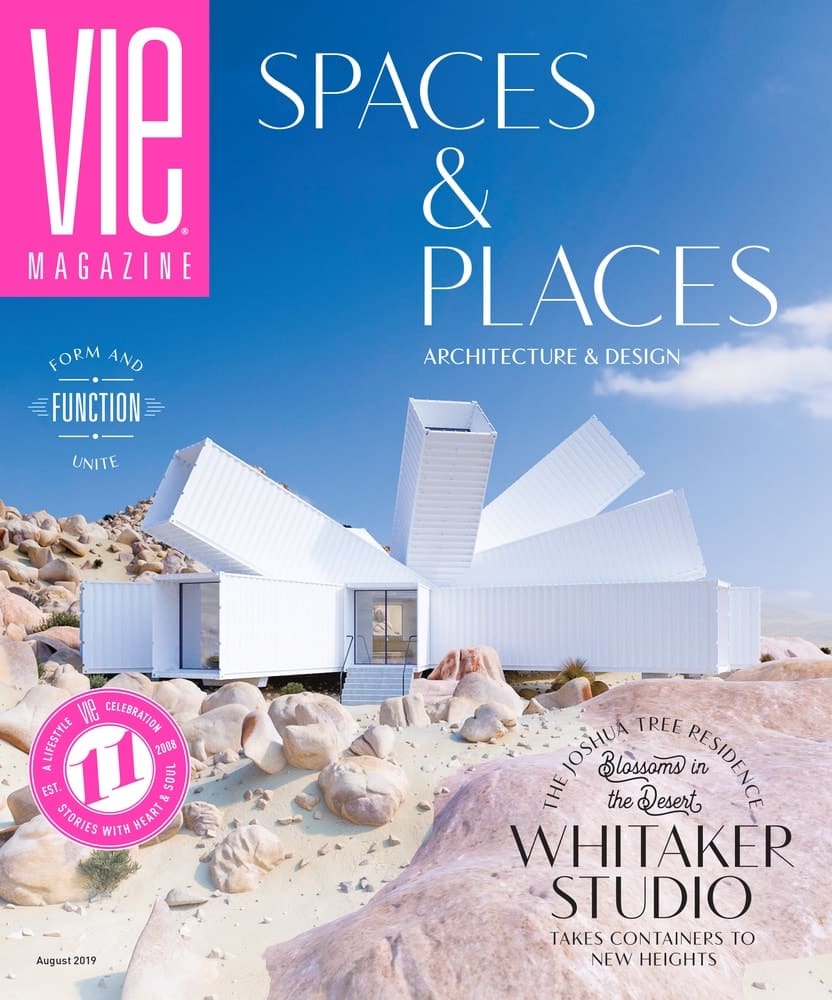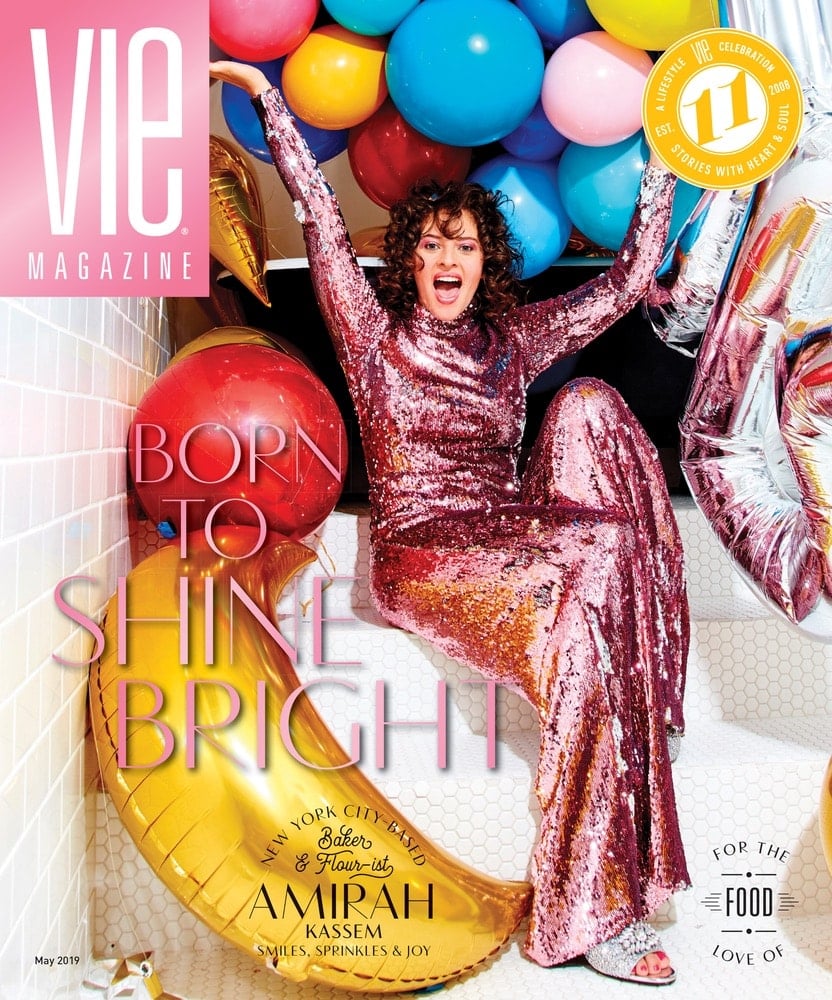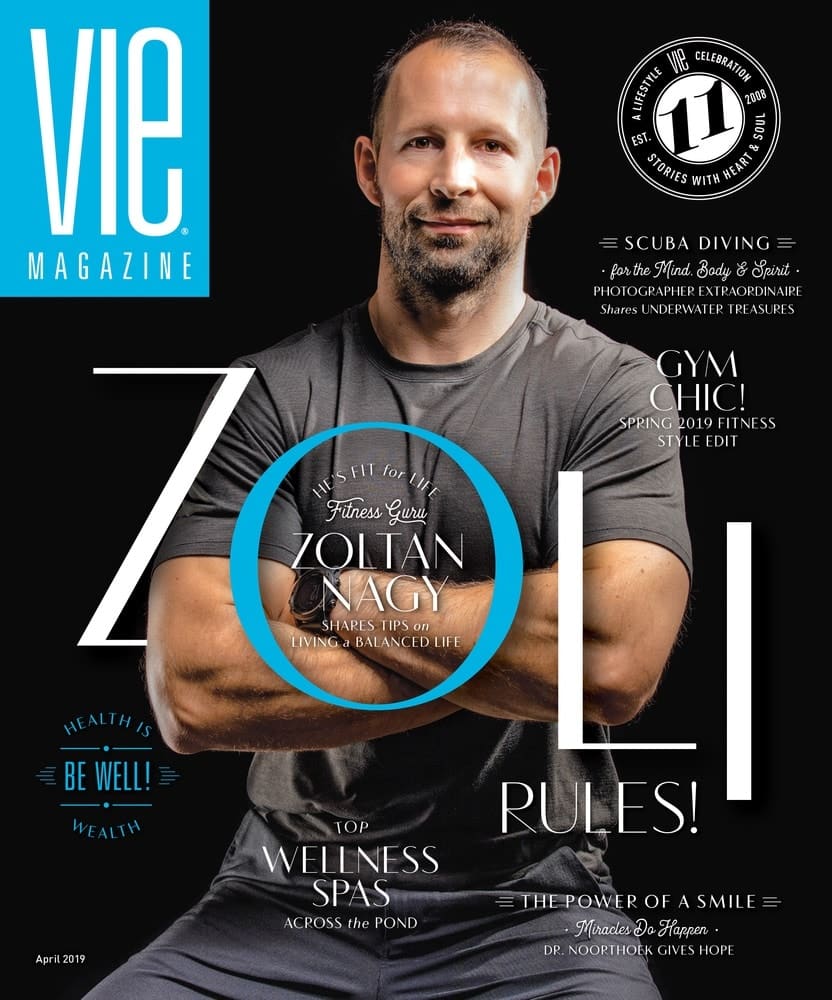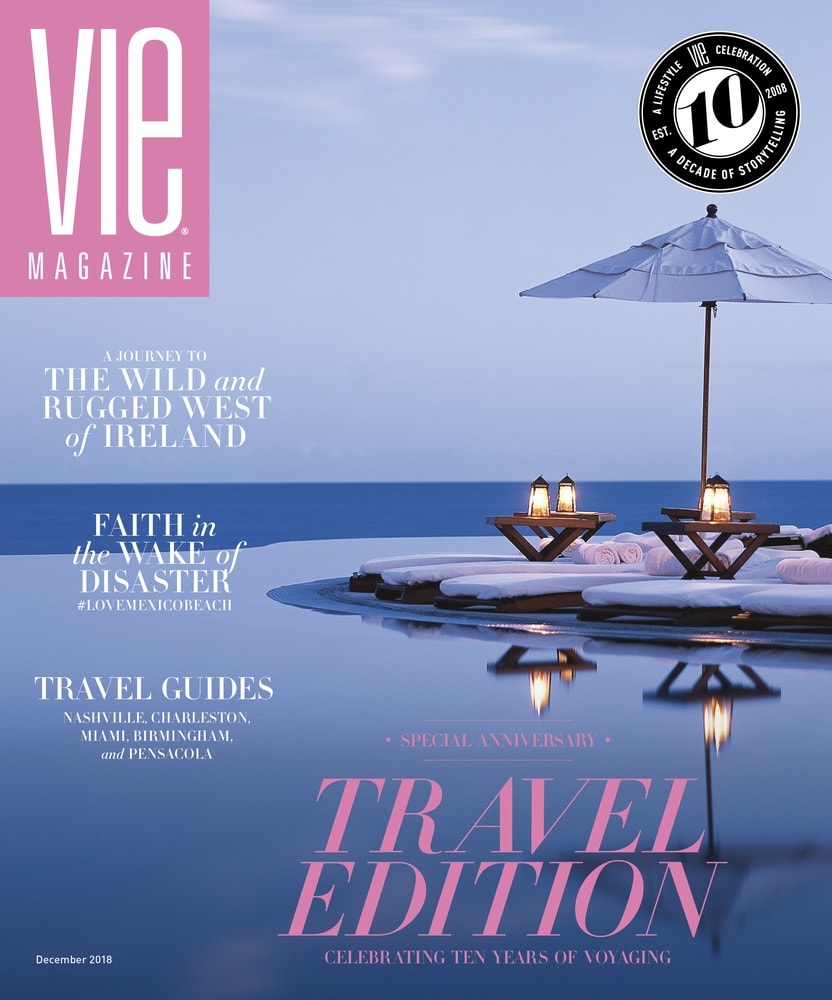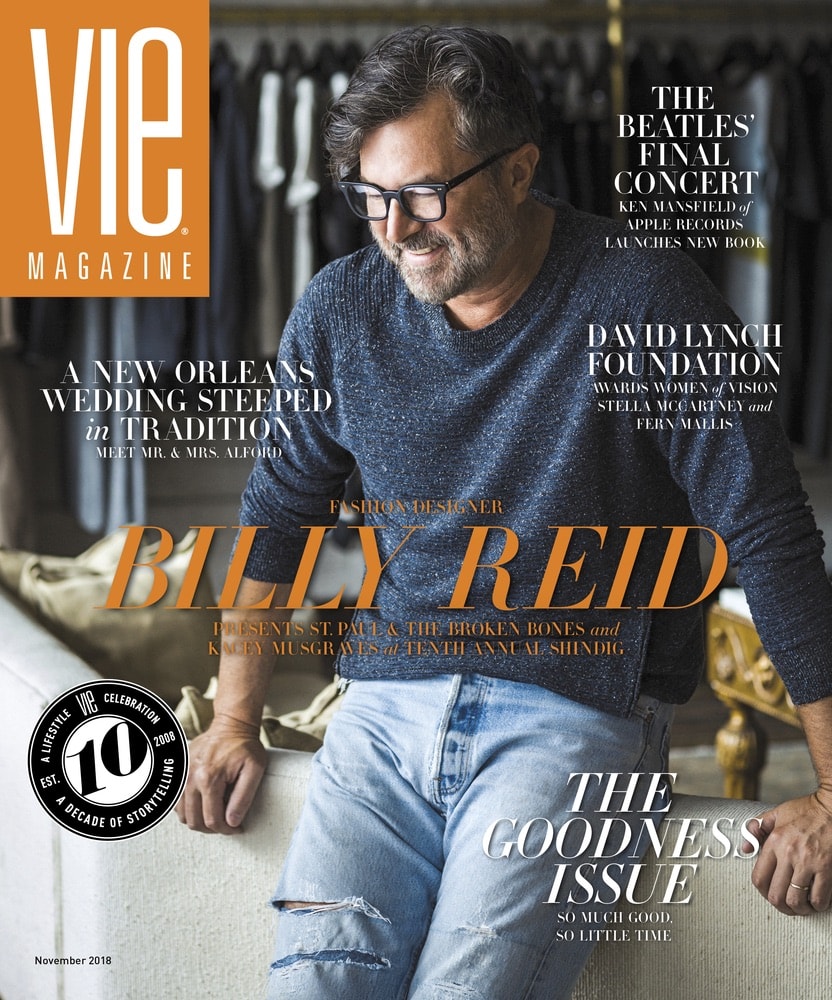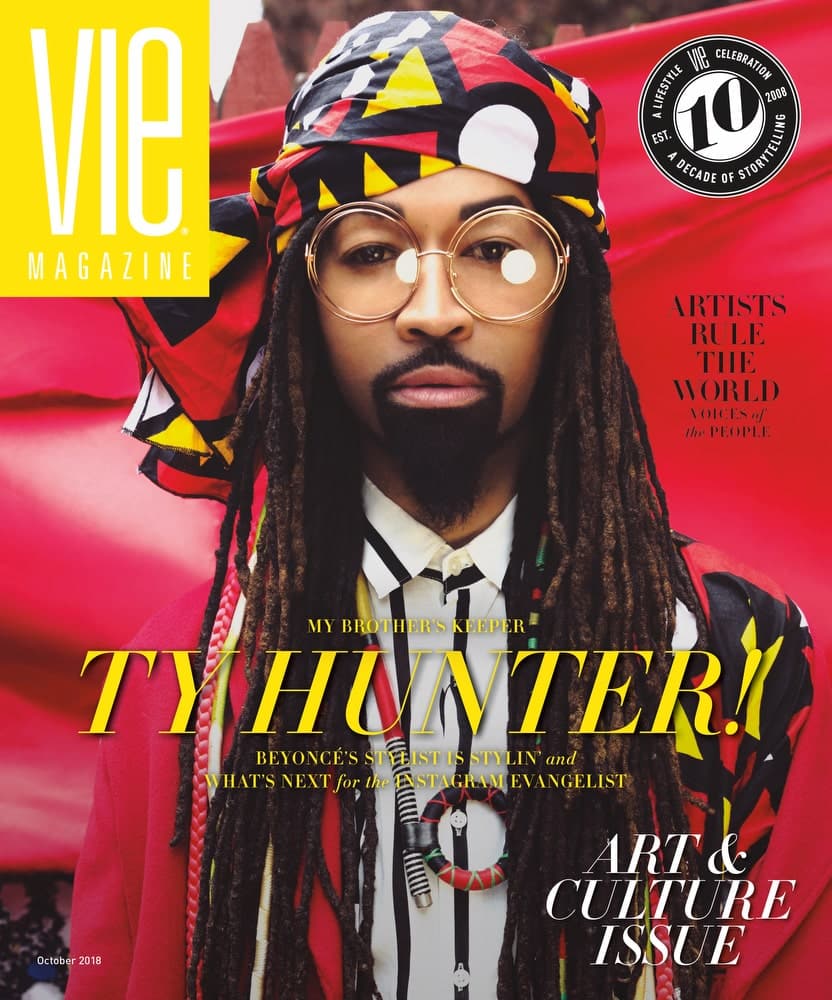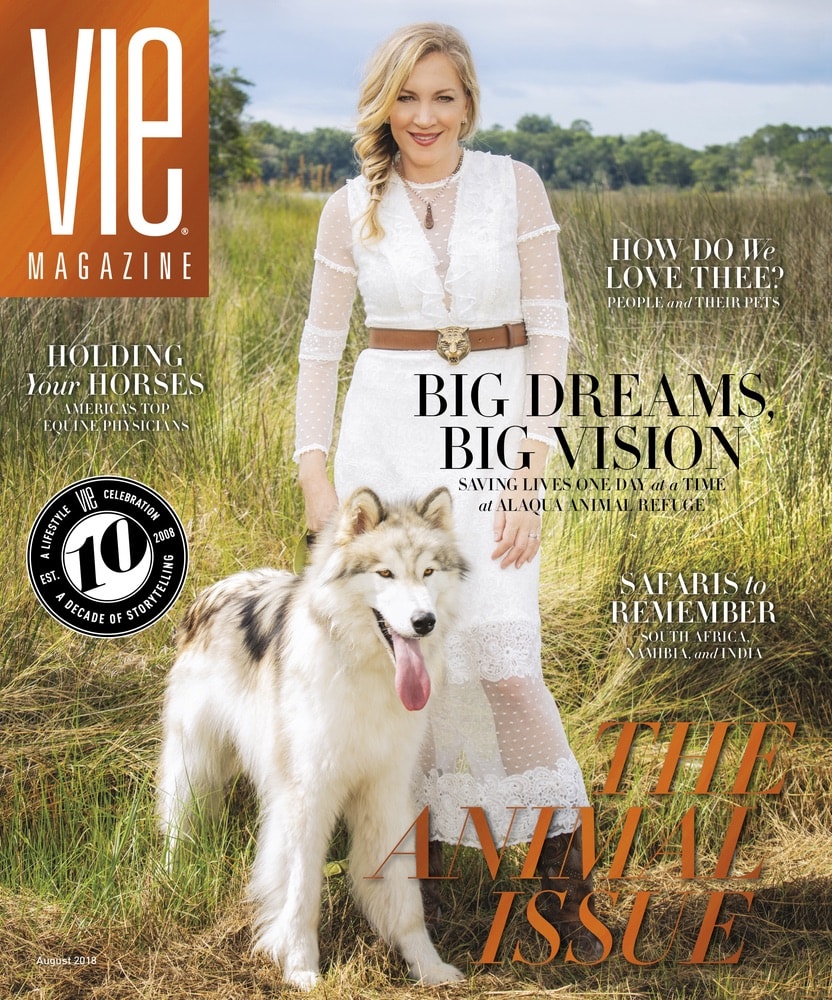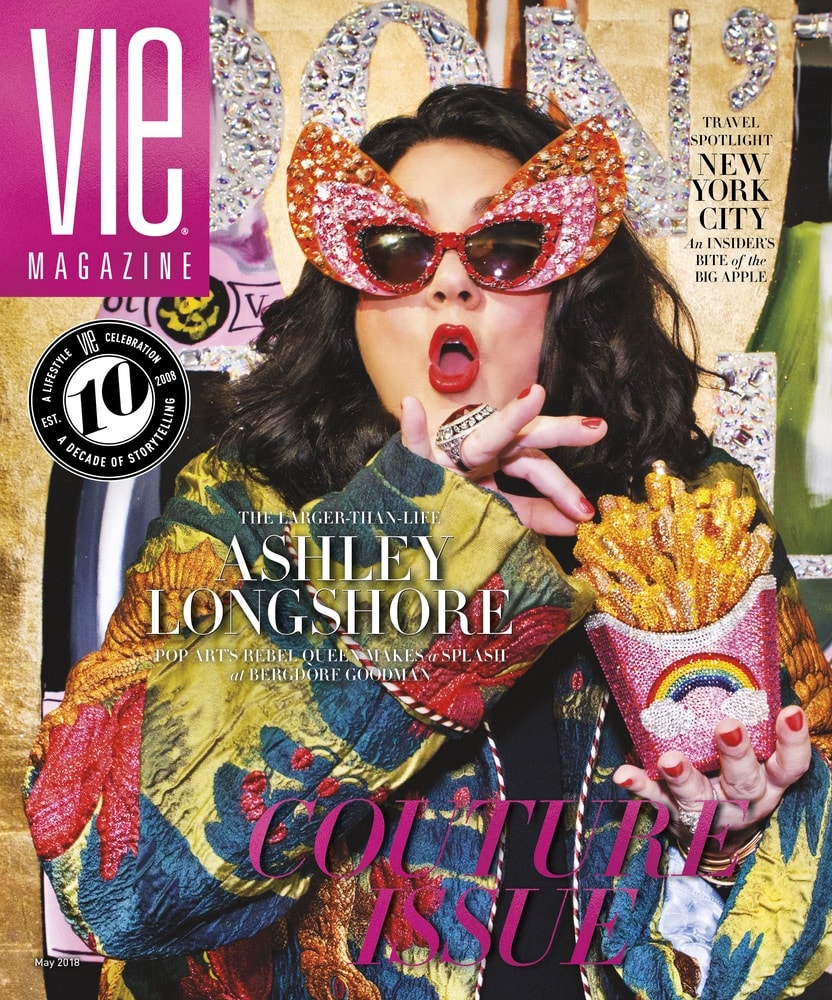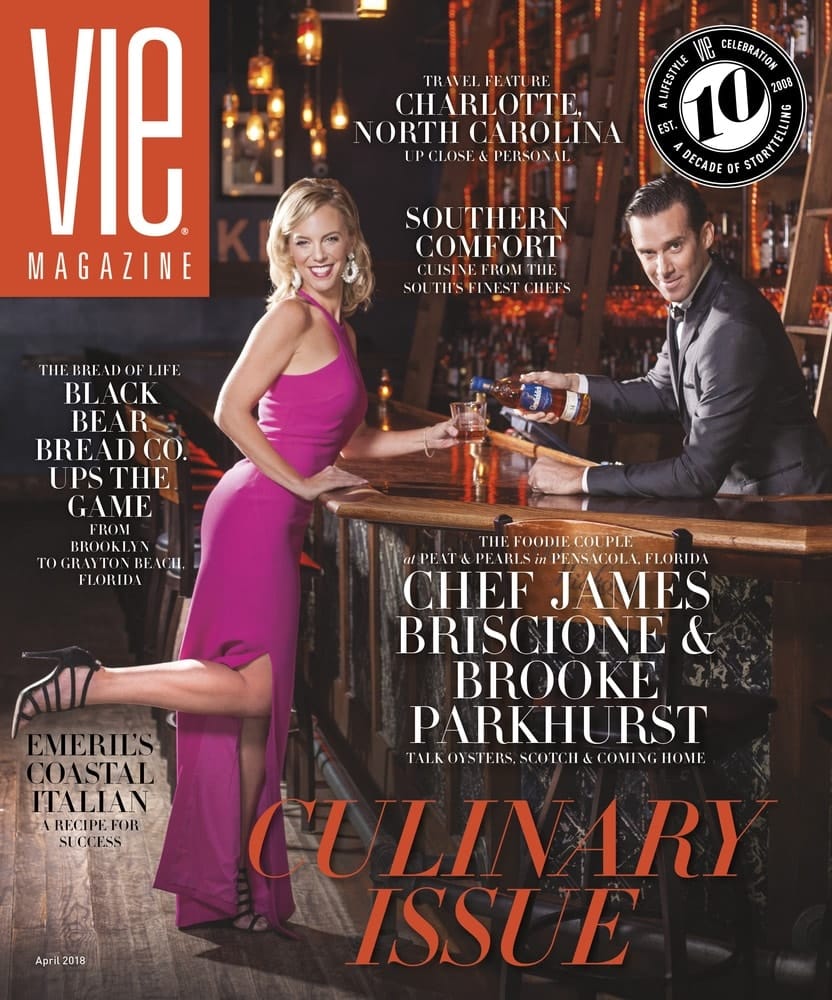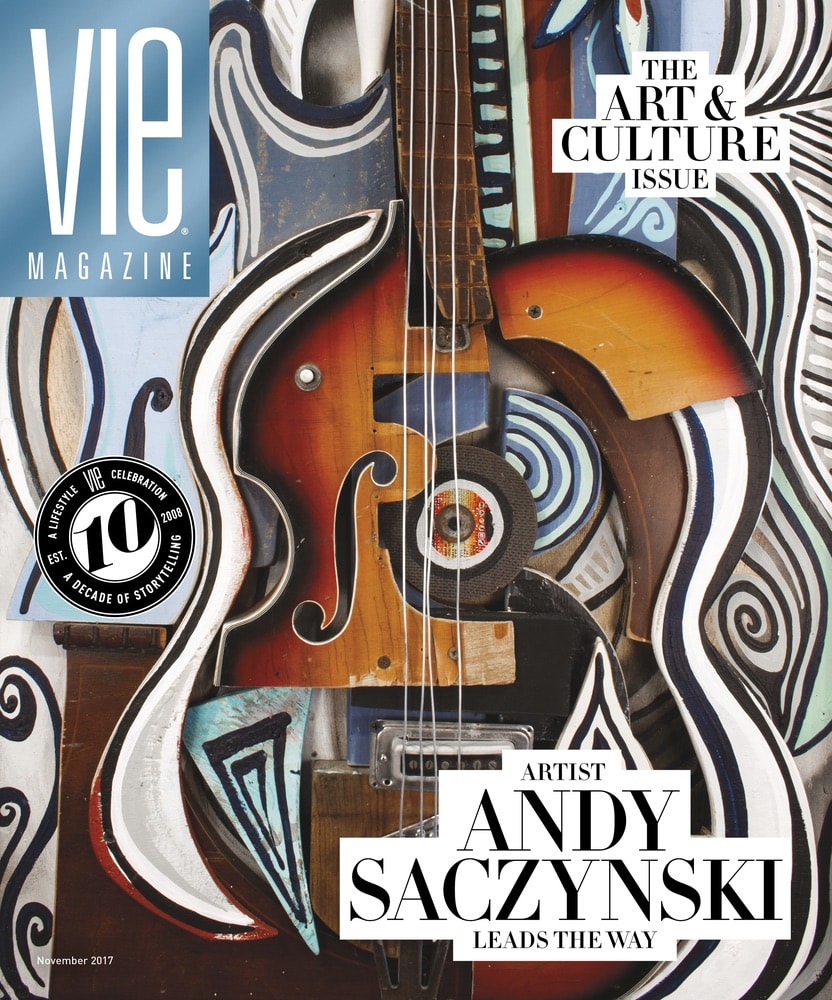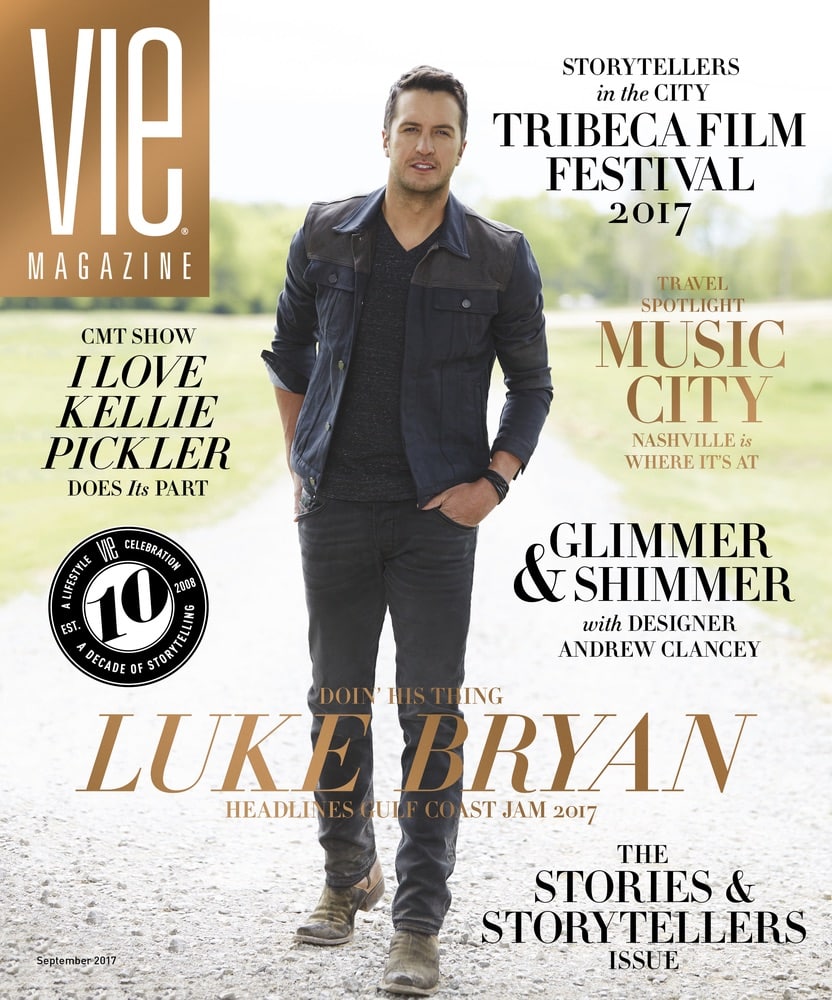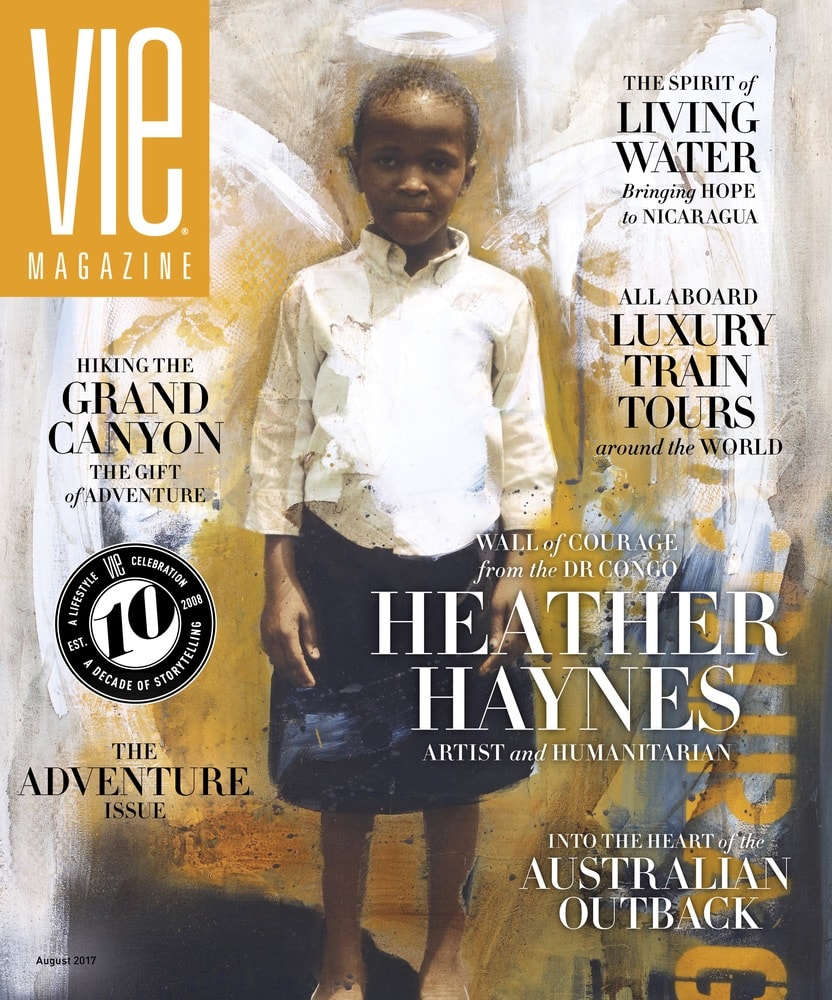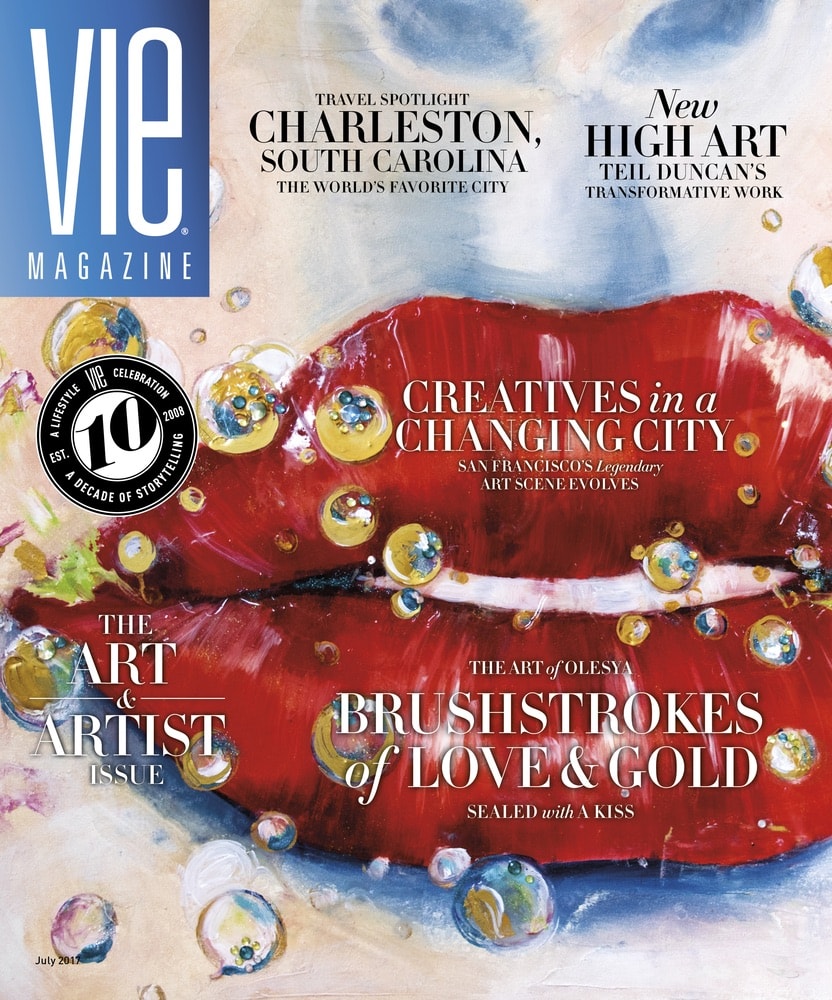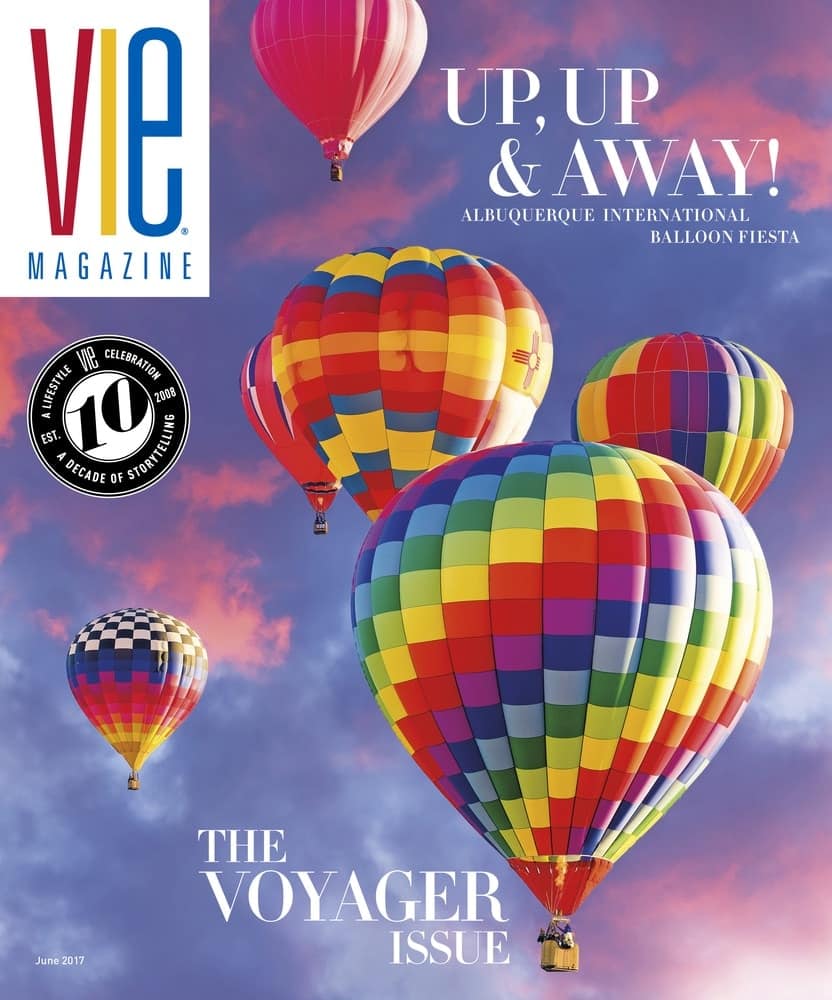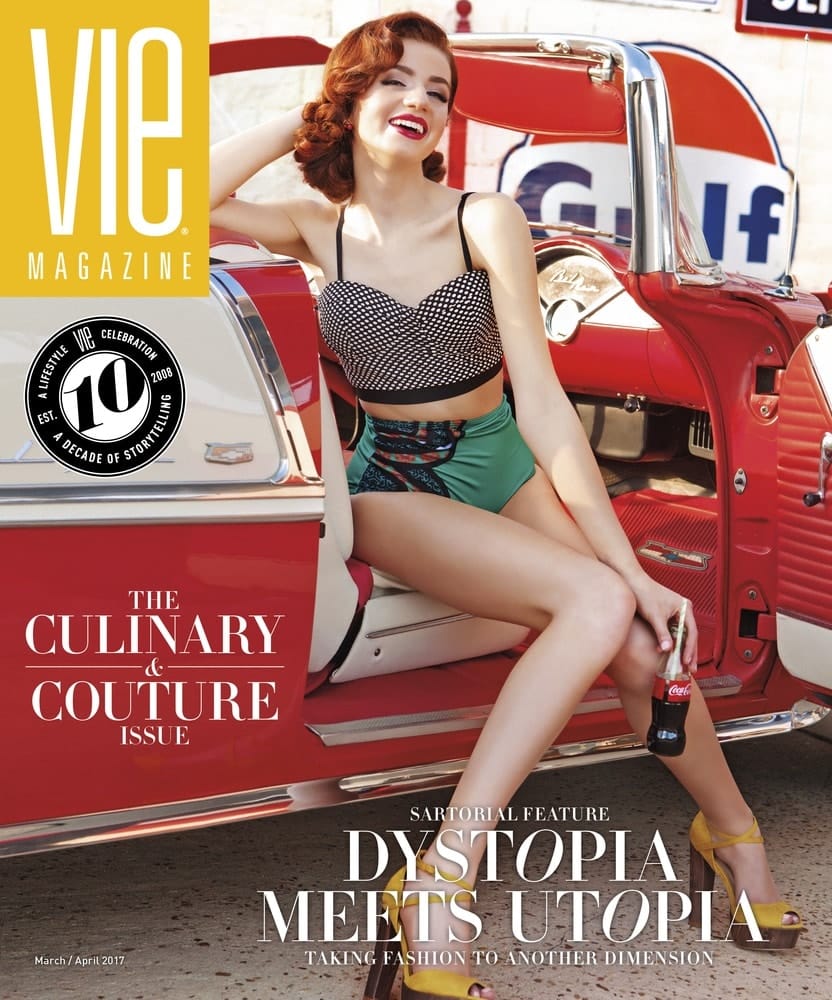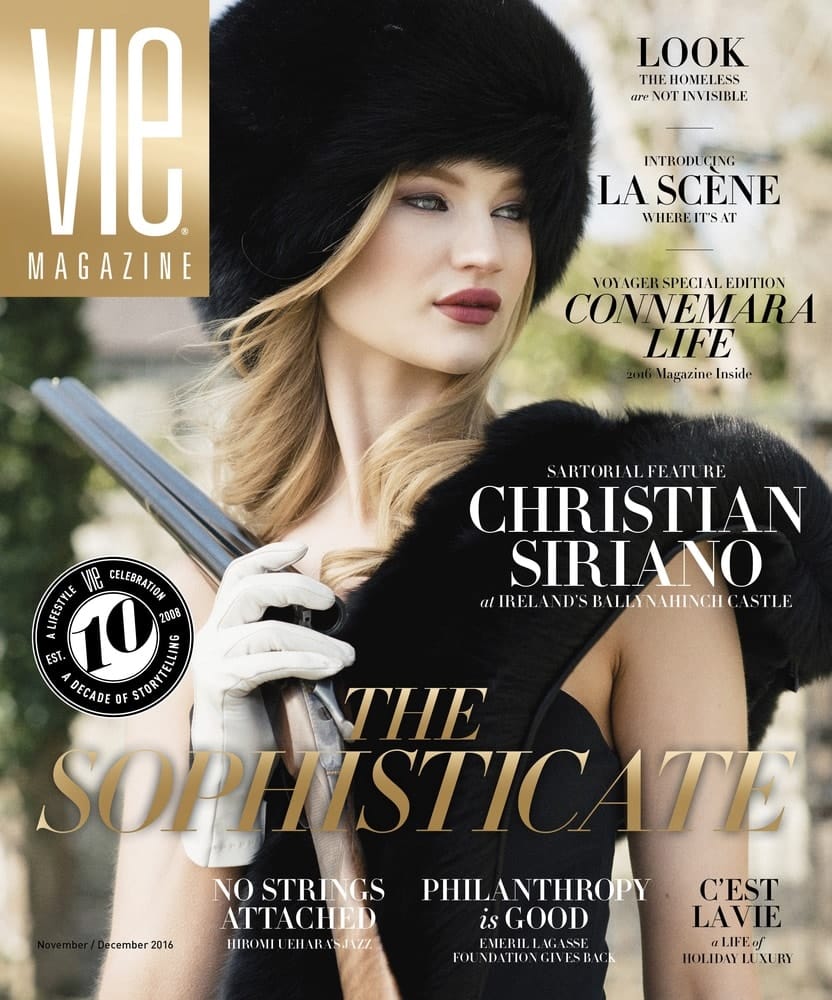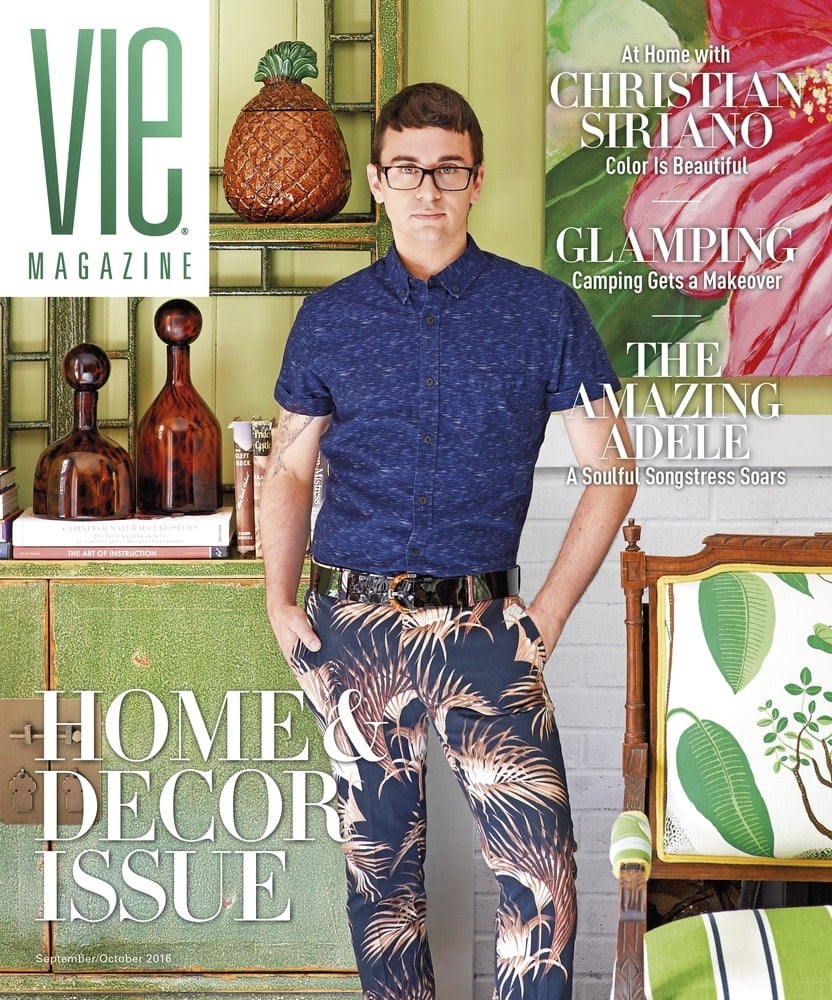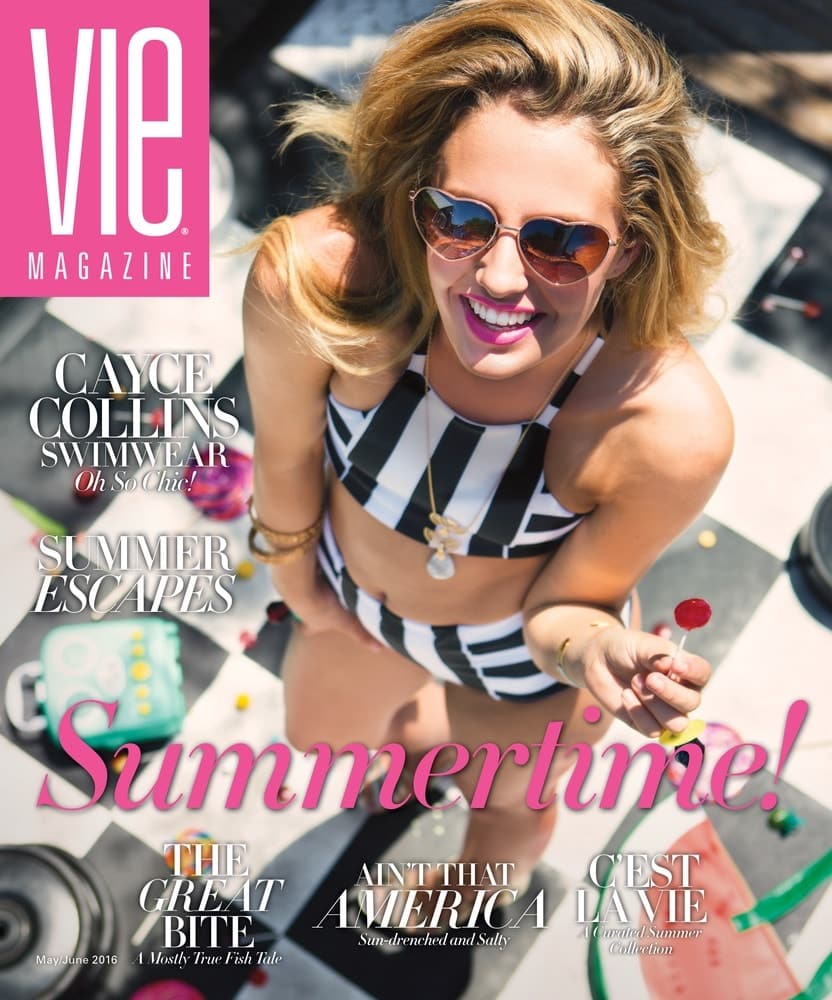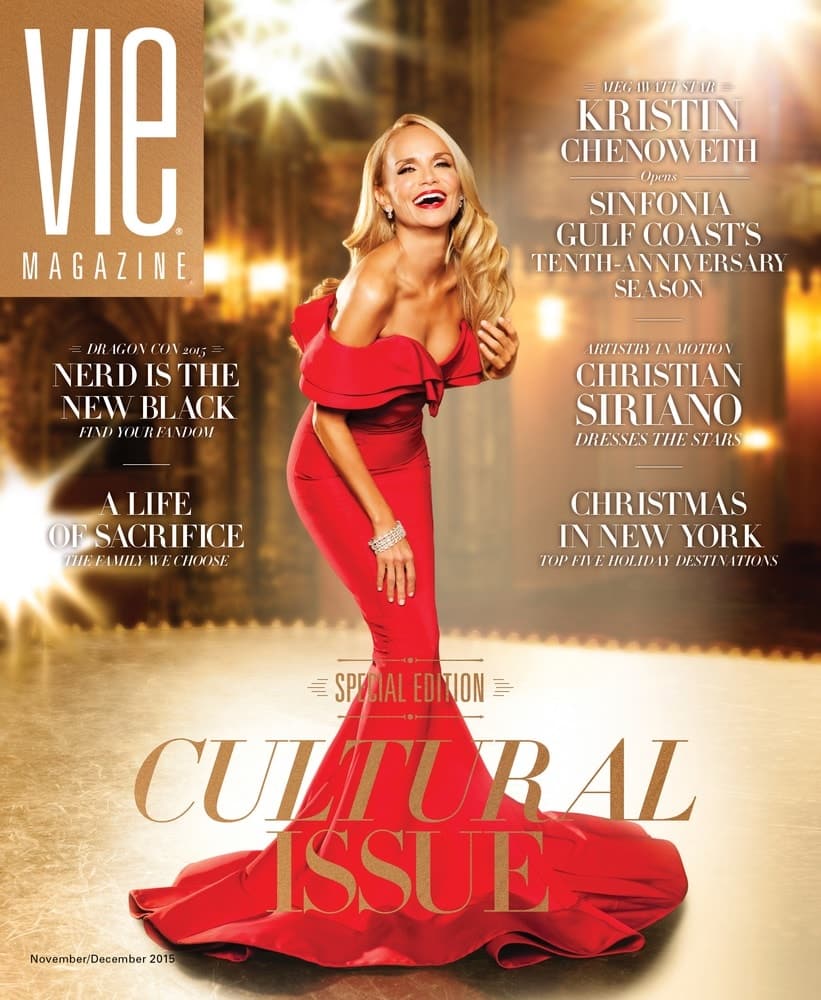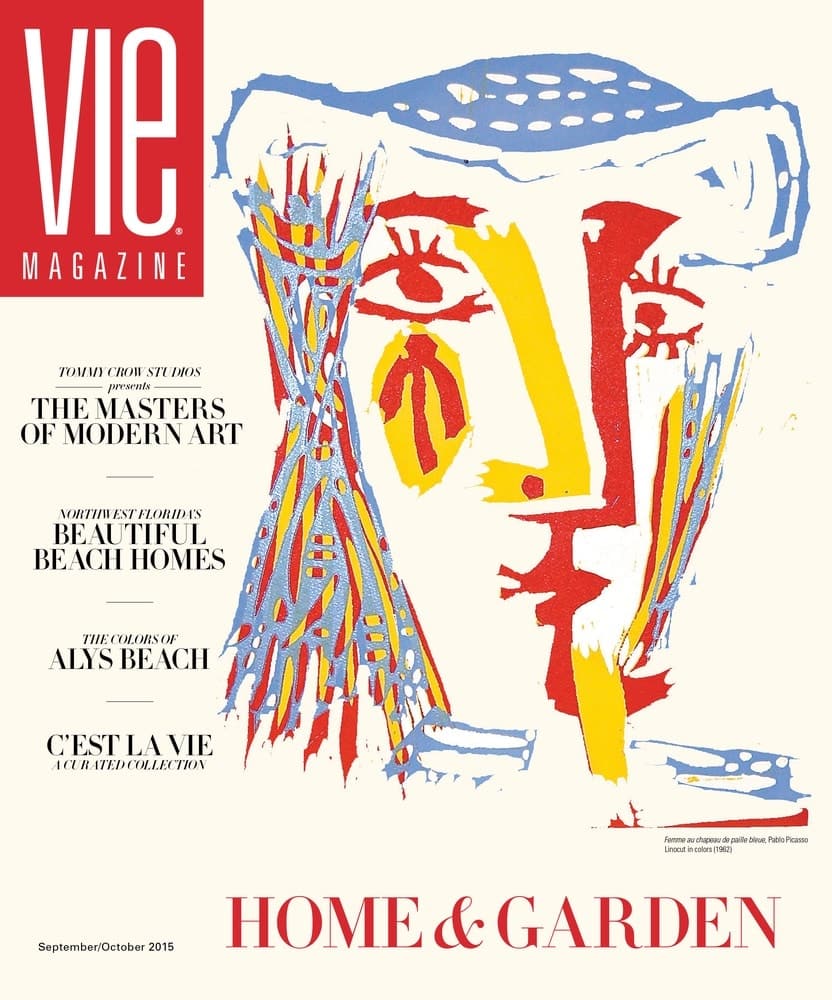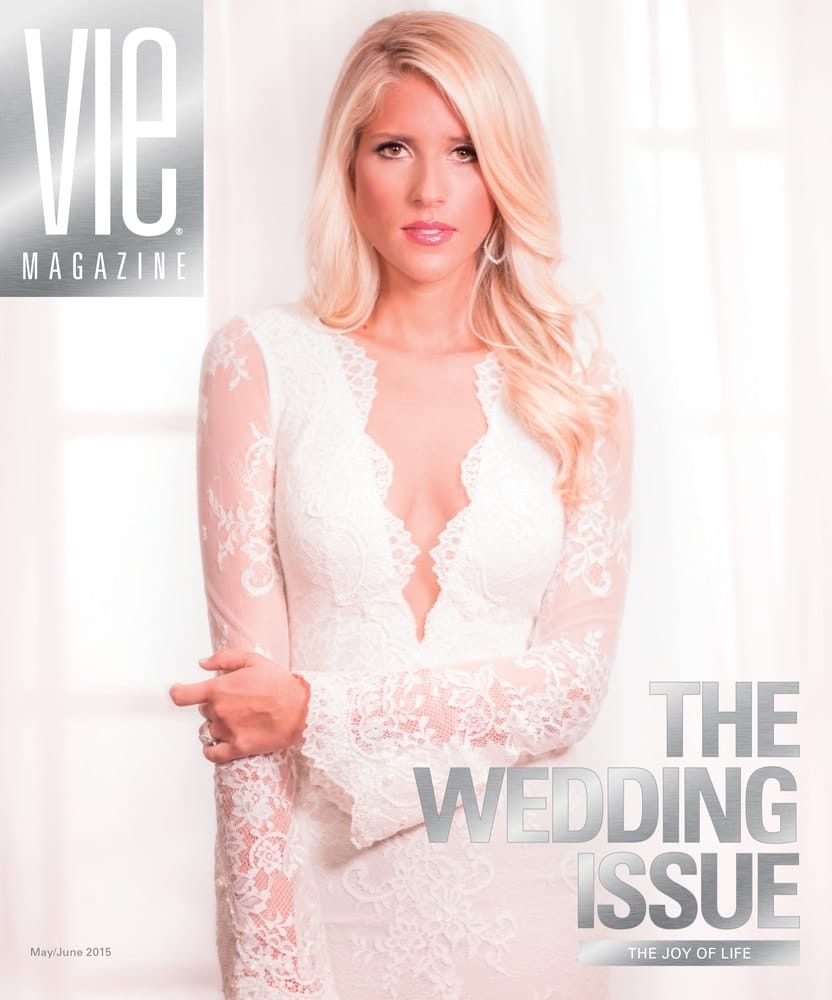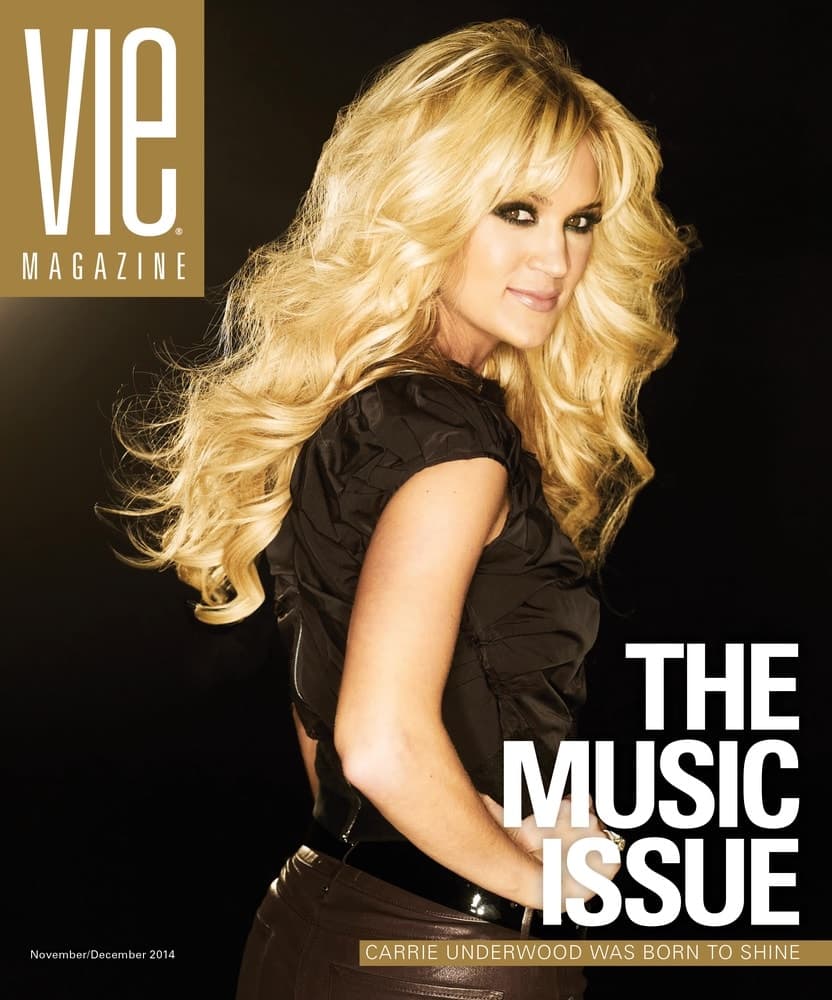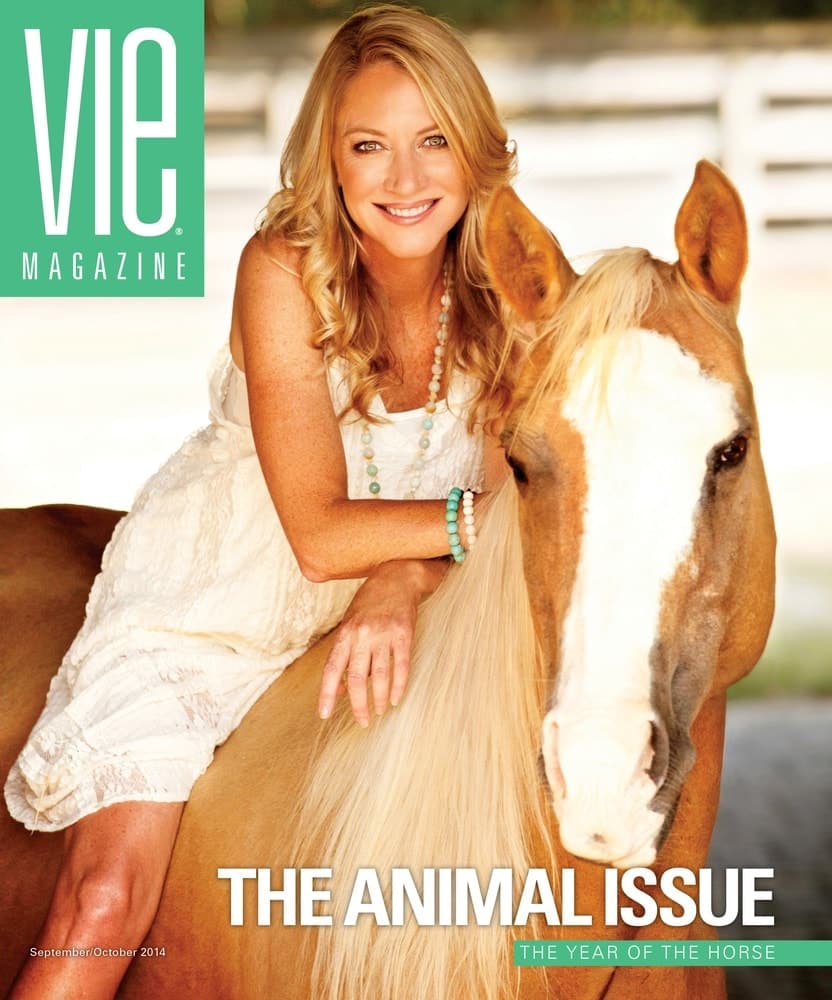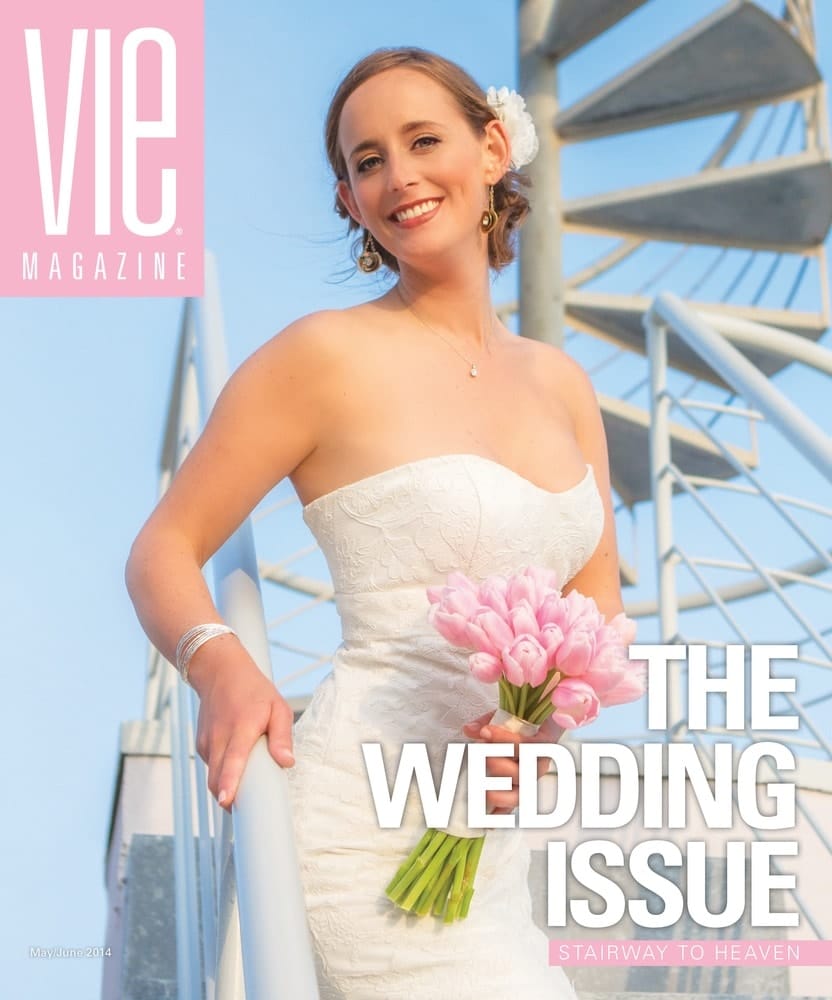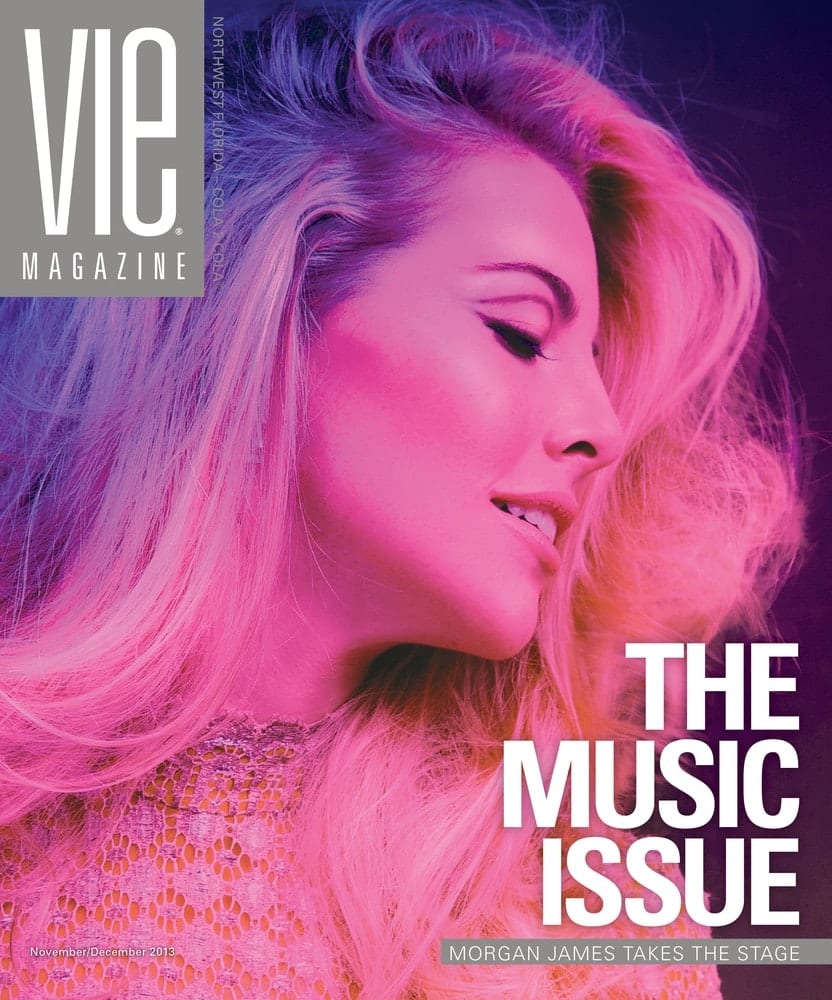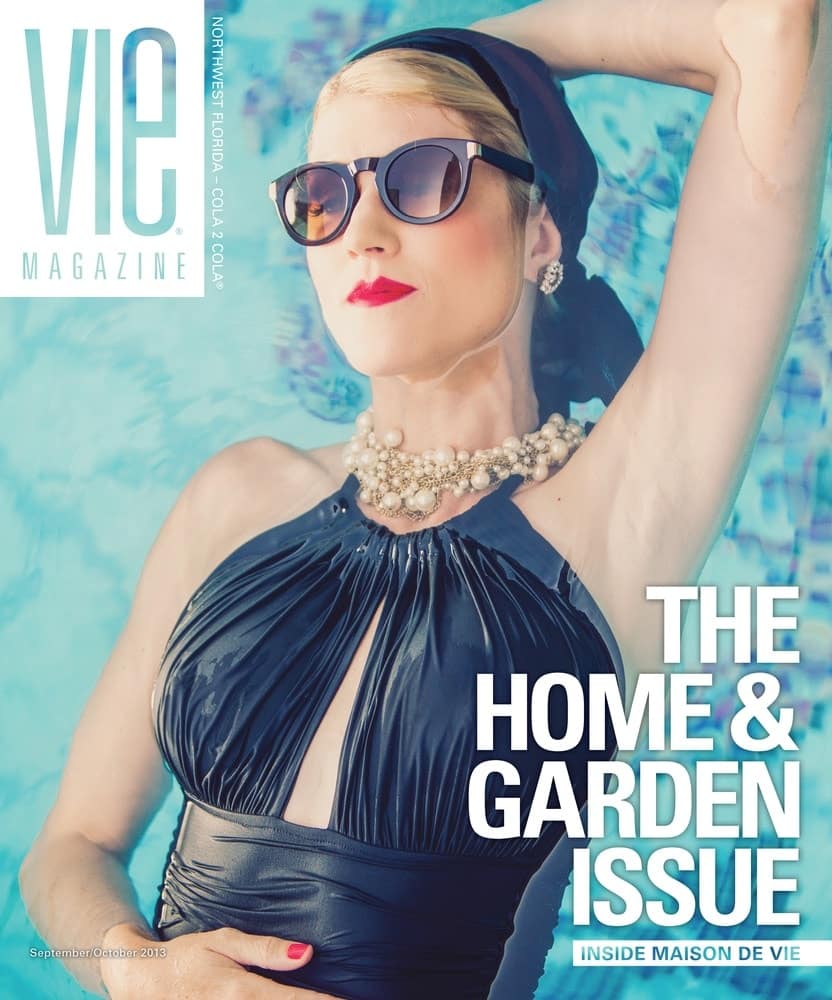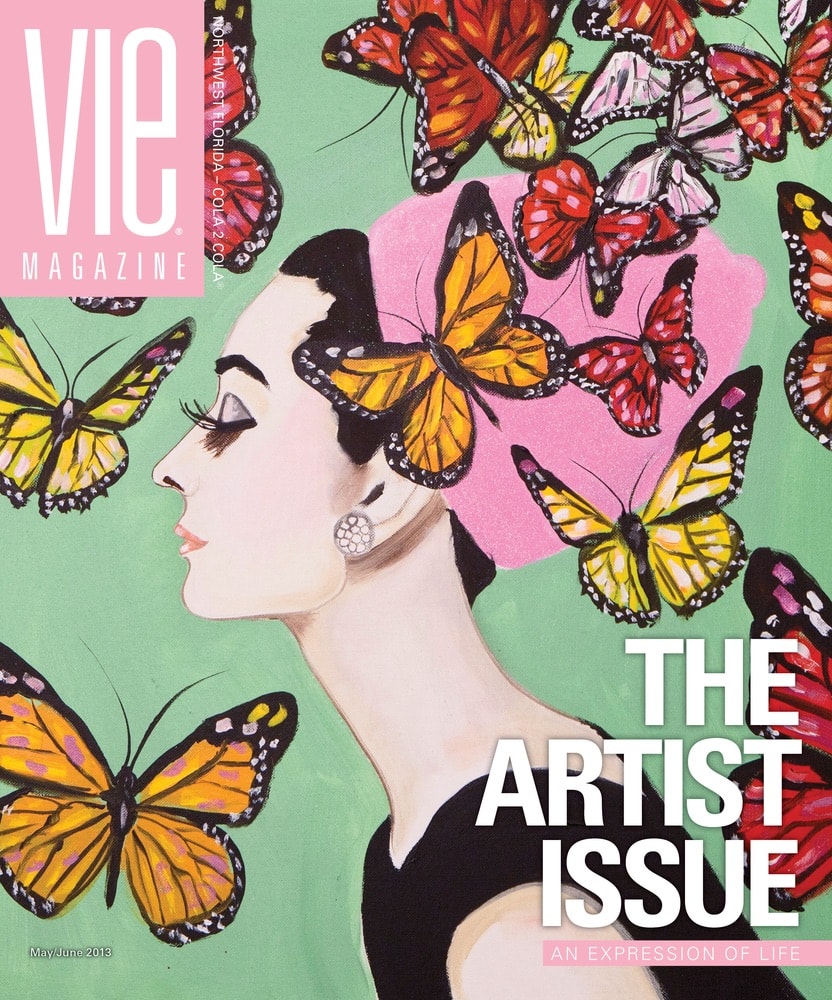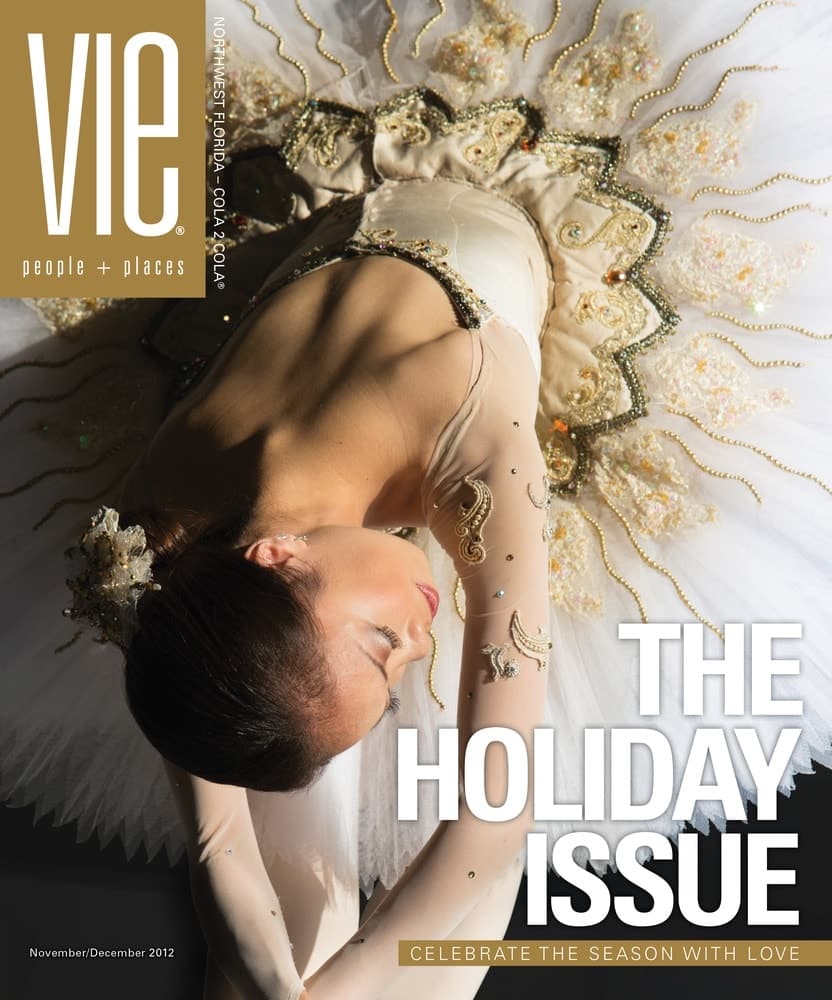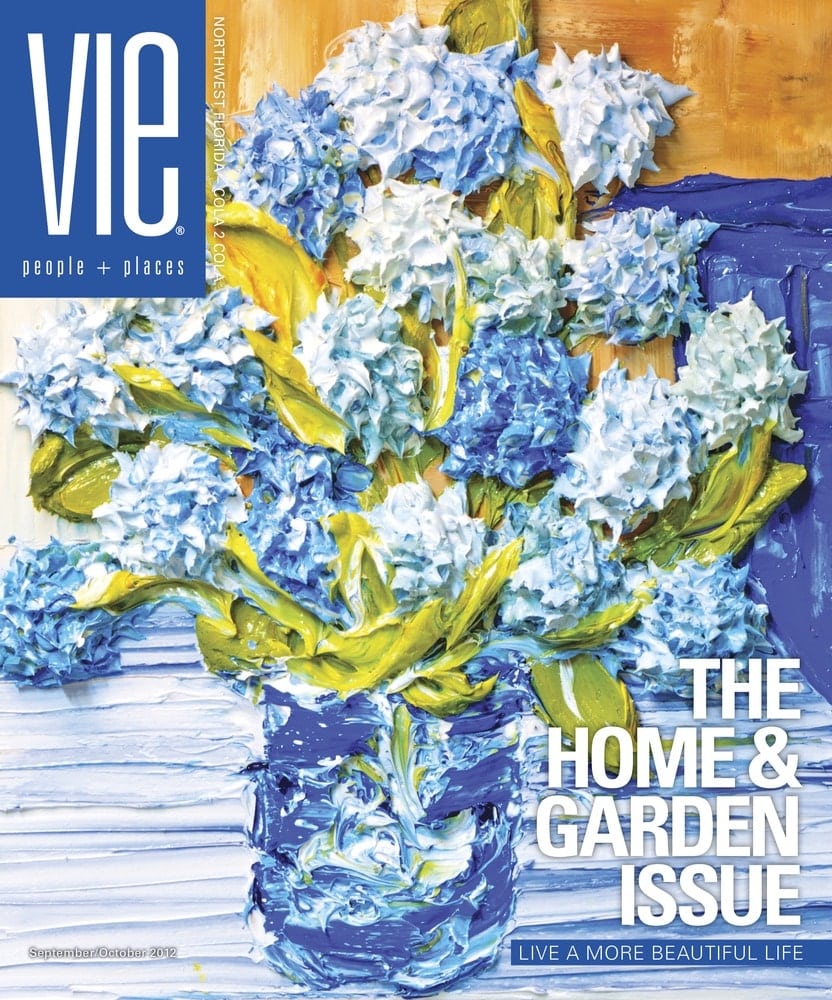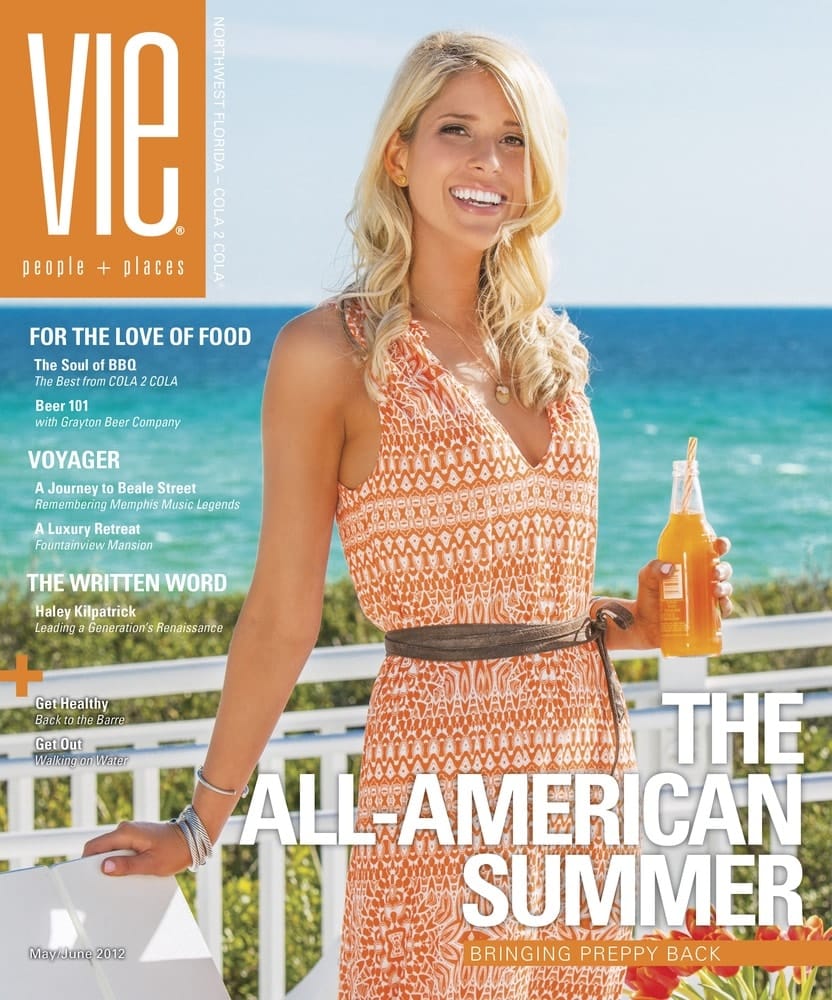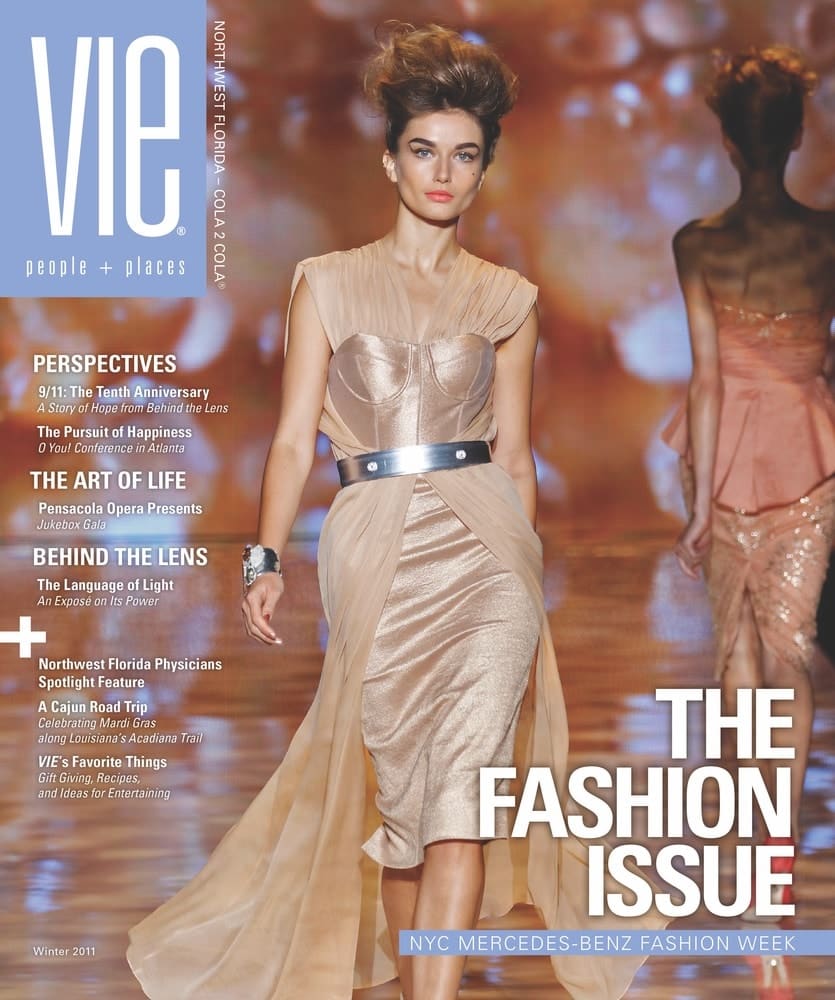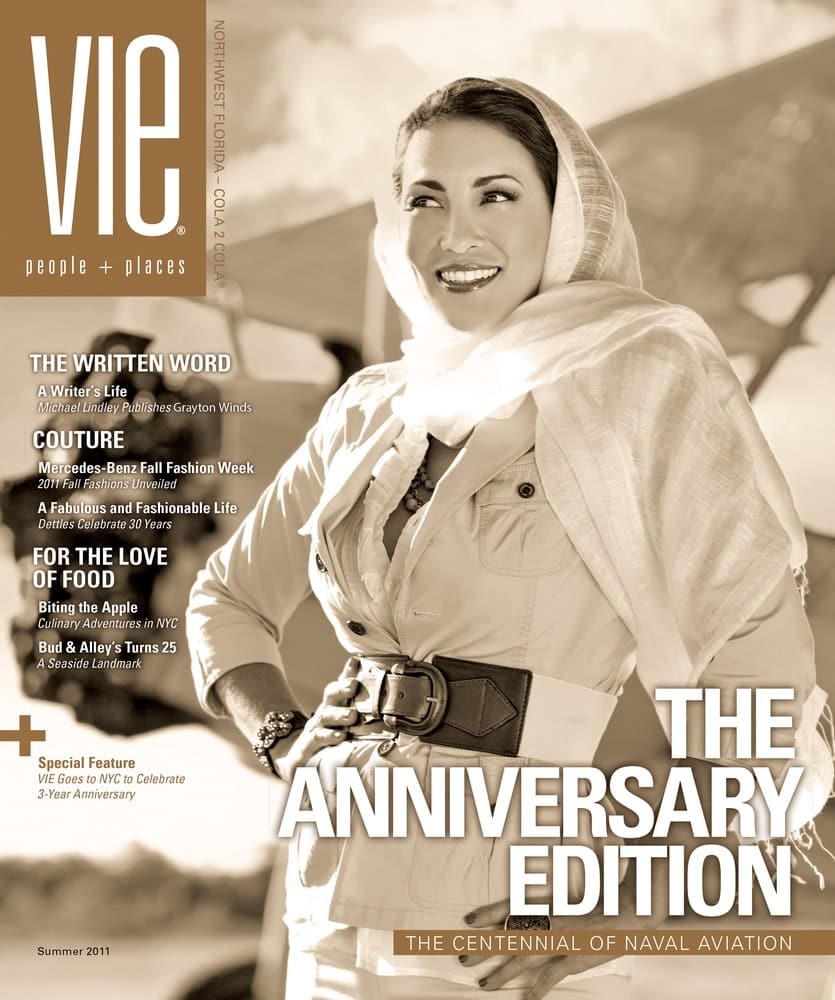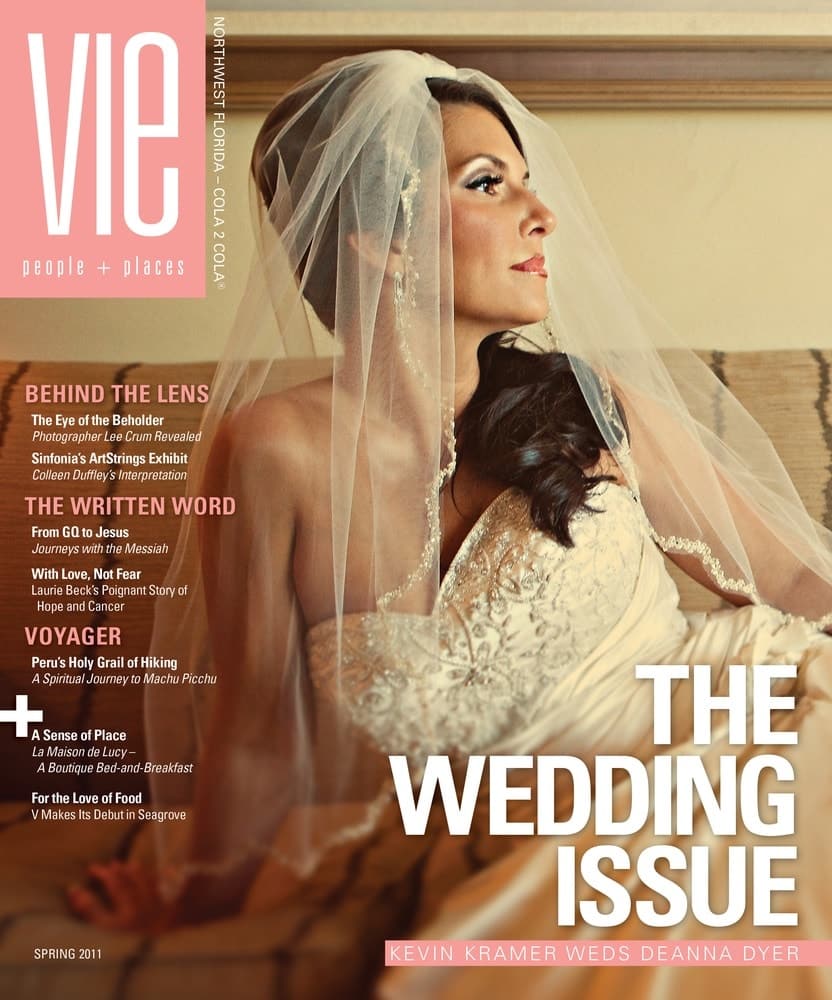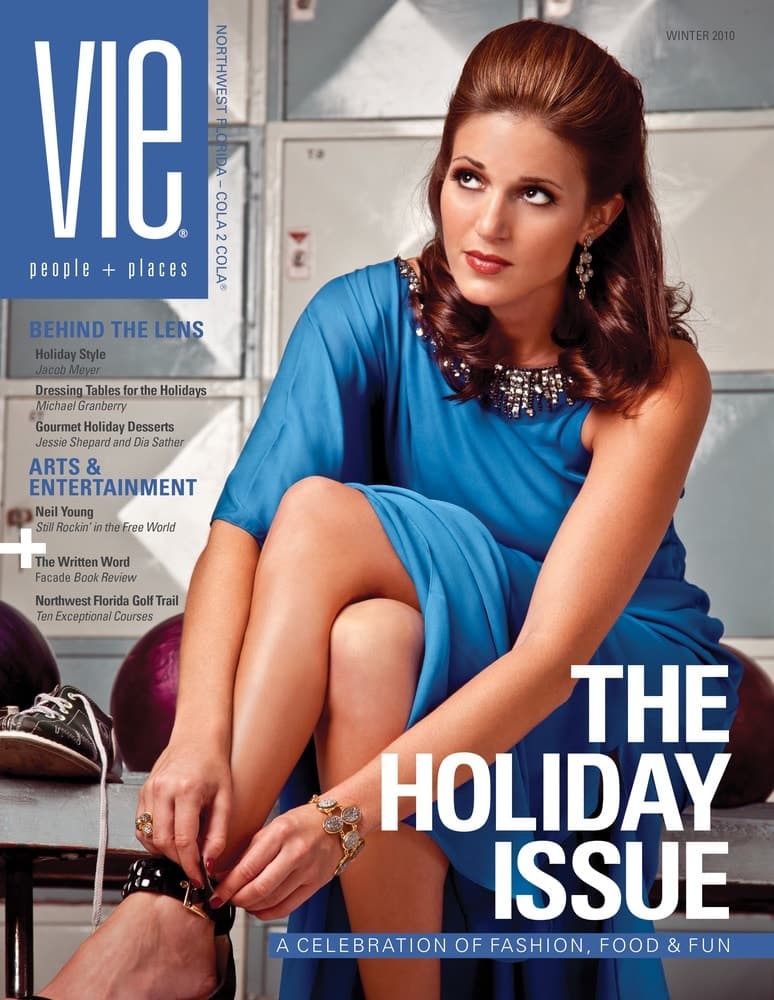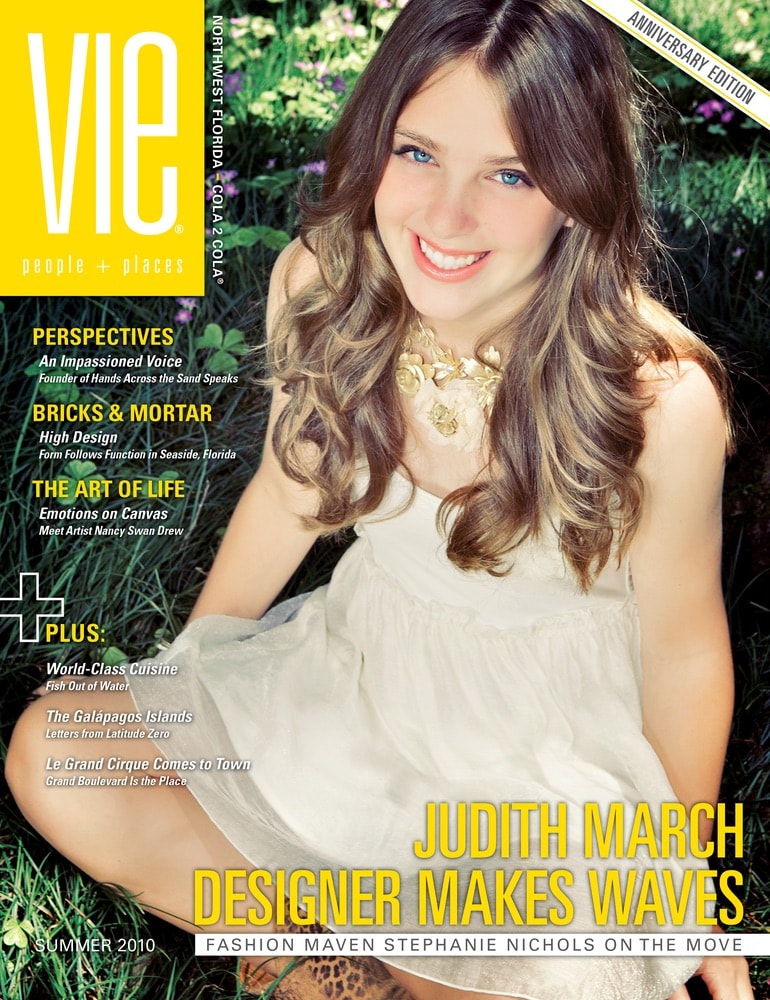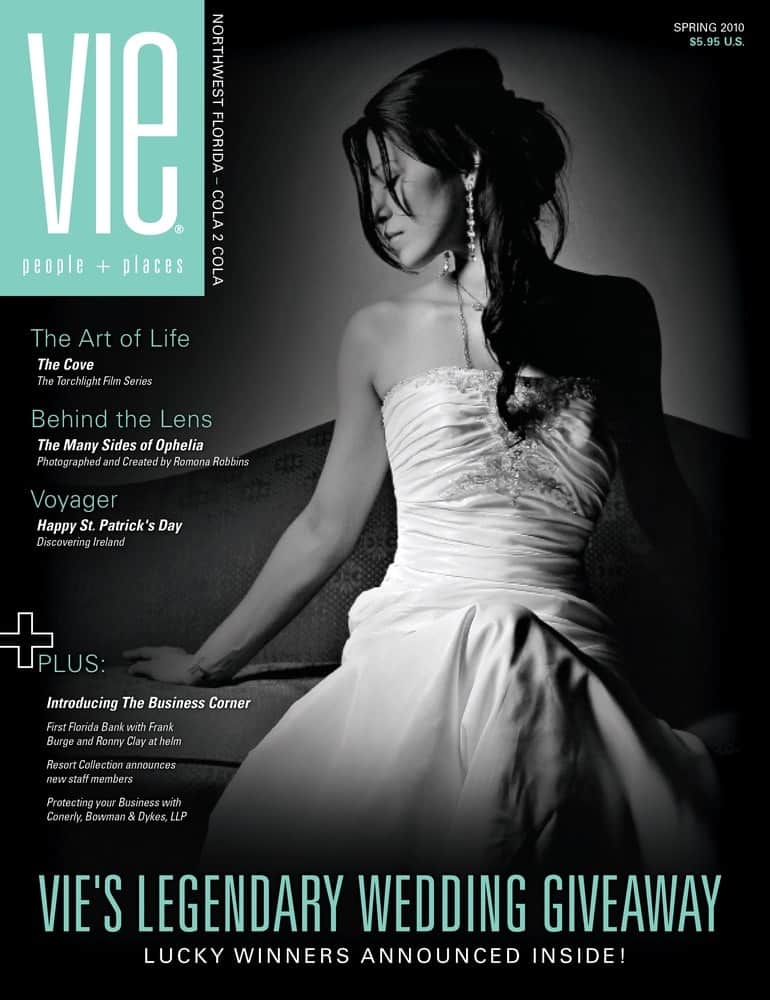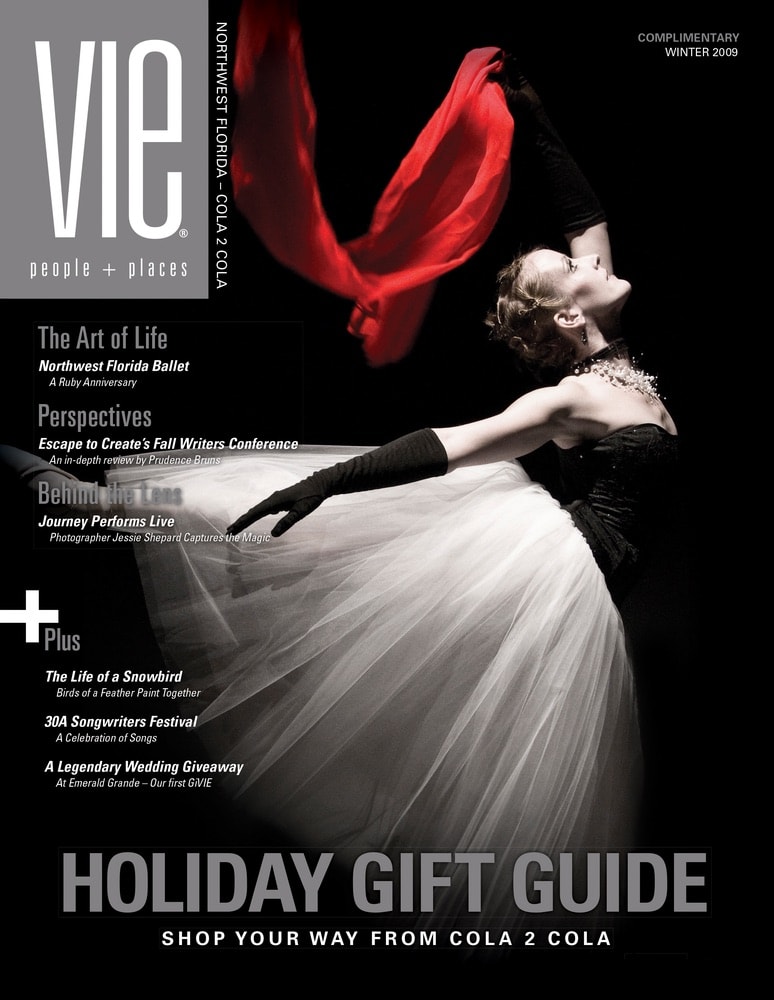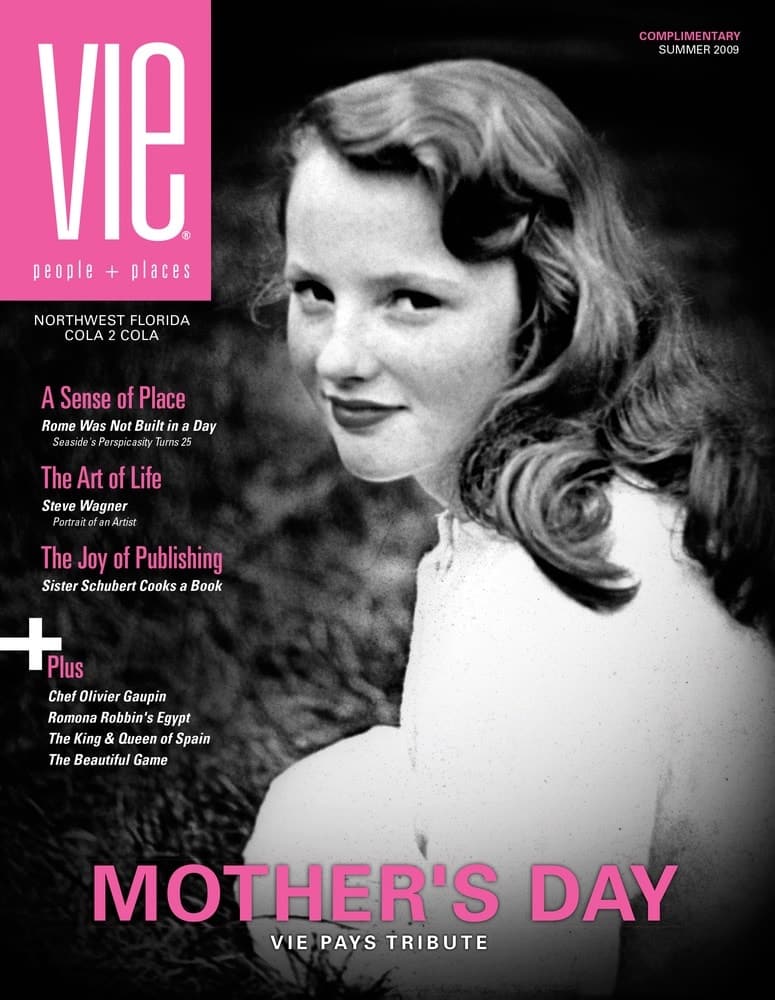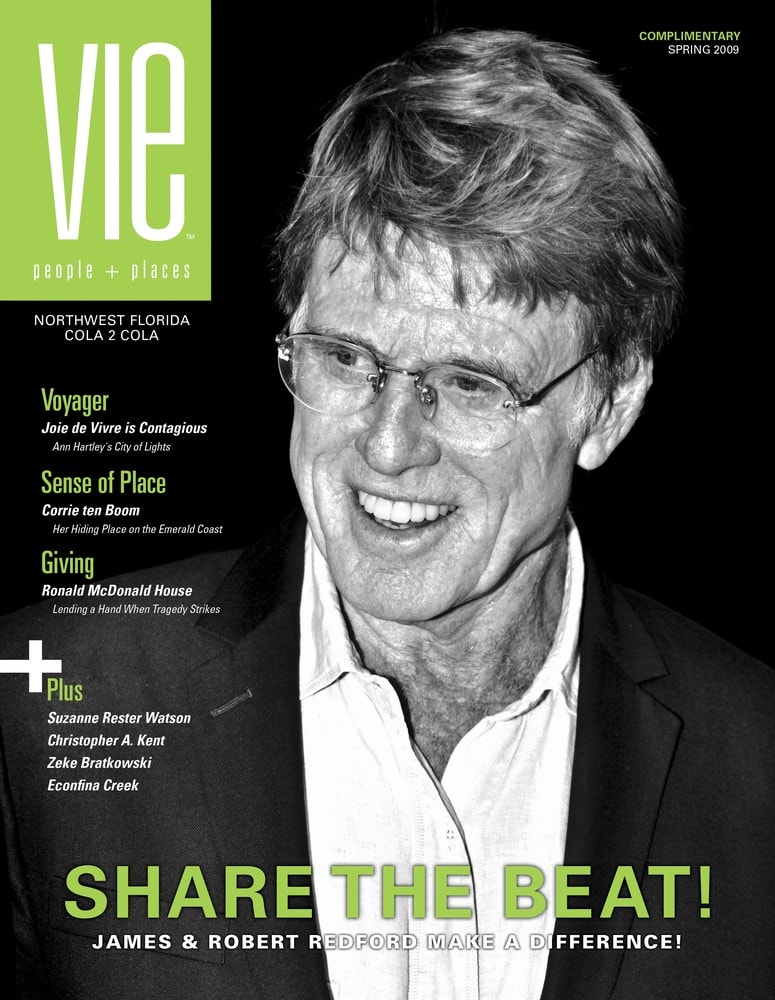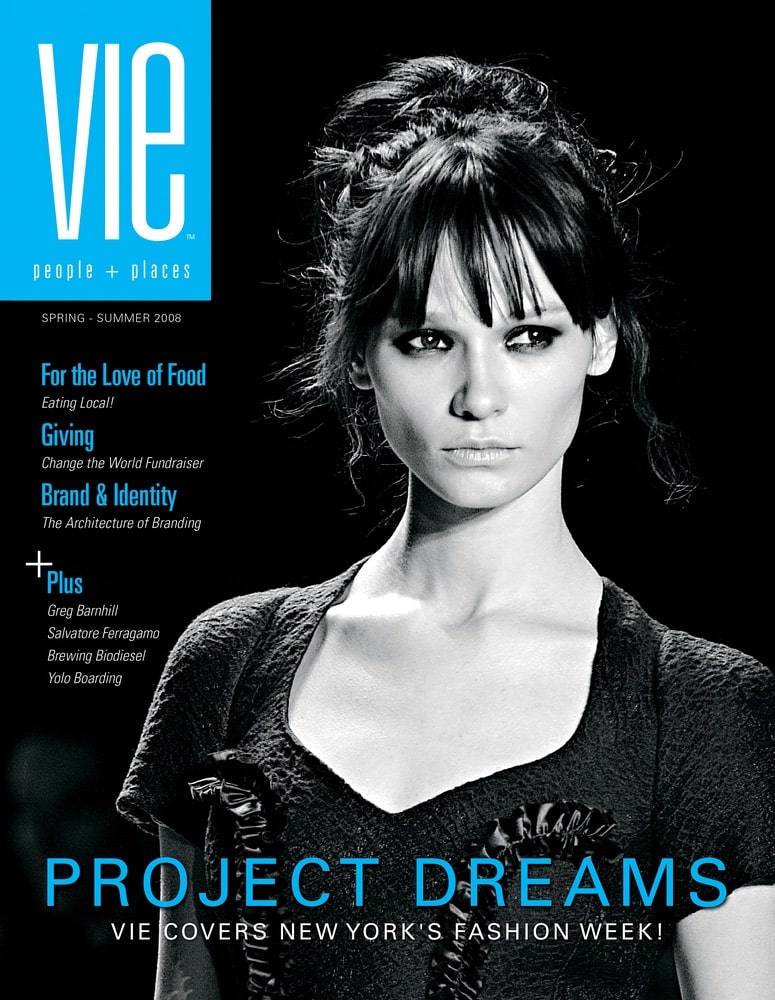
VIE_Magazine_JUL23_article_Suzanne_Pollak_HERO-min
The Metropolitan Museum of Art, New York City | Photo by Susanne Pommer/Shutterstock
Embrace the Conversation
By Suzanne Pollak
Being part of the Charleston Literary Festival has added to my life in many ways, including deepening my interest in reading and igniting my curiosity about how books are written. Listening to our visiting authors discuss the process behind their work is such a privilege. I loved Lisa Taddeo’s conversation about writing entire books in coffee shops (Three Women), while Louis Menand’s The Free World: Art and Thought in the Cold War revealed that he doesn’t make an outline or even a draft, but rather just starts with the first sentence.
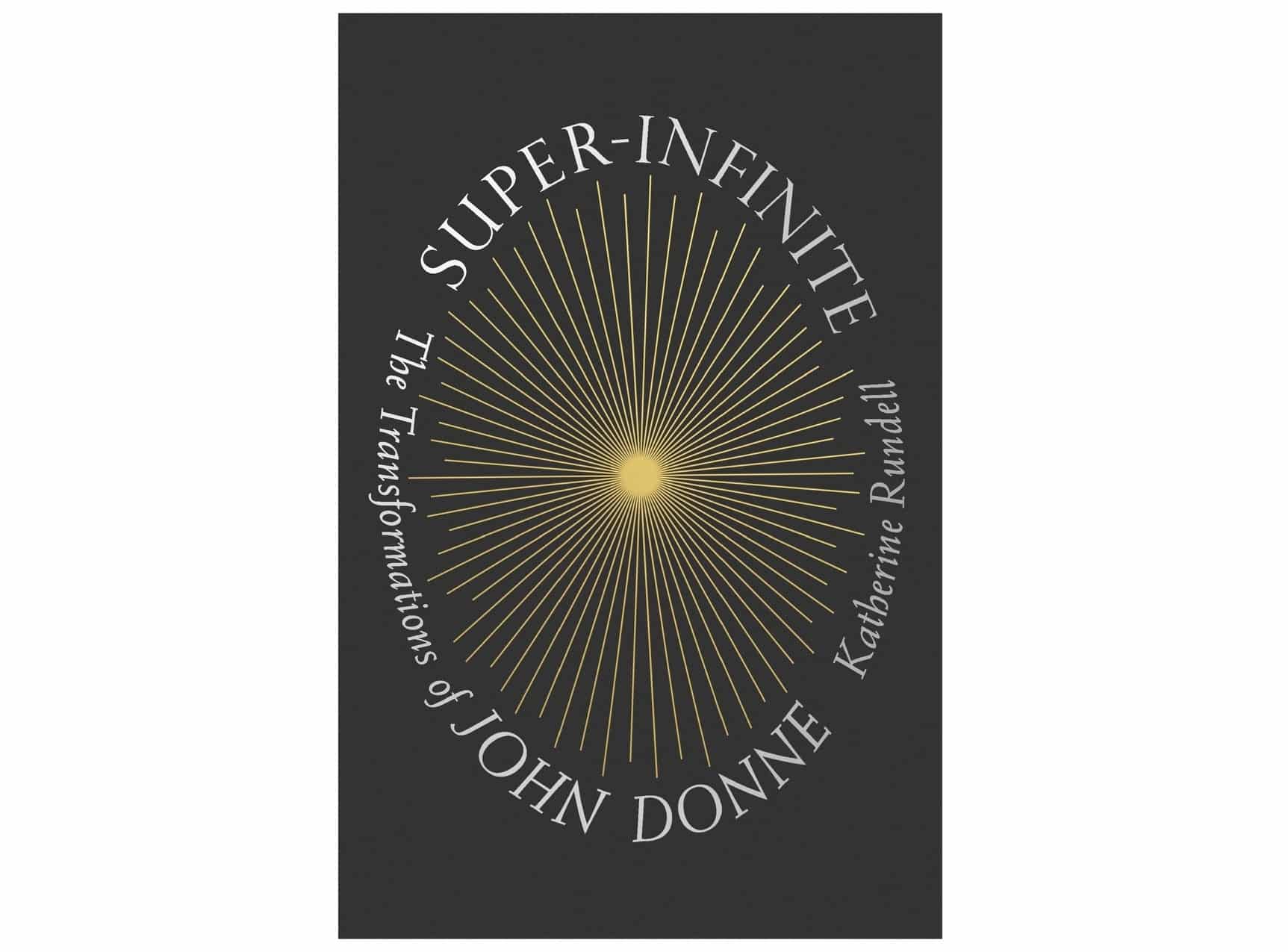
SUPER-INFINITE: The Transformations of John Donne by Katherine Rundell will be another featured book at Charleston Literary Festival 2023 in November
From the conversation with Tim Bouverie, a brilliant historian who couldn’t physically access the research archives needed for his book Appeasement (on Second World War Allied diplomacy) during COVID-19 closures, I learned that some of the best books could come from someone just acting on their personal interests. As a classical music lover since childhood, he decided to continue exploring that passion while his research was on hold. Every week he chose his current favorite classical piece, listened to dozens of different recordings of that same piece, and selected the one he liked best. Then he wrote a short essay about the composer and the context of the composition and included his favorite interpretation.

The Met inspired author Patrick Bringley, a former New Yorker staff member who became a museum guard after his brother’s death. He found solace in the quiet work and observing how people interacted with art and each other within the space, later writing about it in his memoir, All the Beauty in the World. | Photo by Anton Ivanov/Shutterstock
To spread a little joy during that dark time, Bouverie emailed his essays and suggested recordings to his friends, who enjoyed them so much they forwarded the email essays to their friends, and lo and behold, a treasure trove emerged. The popularity of his musical essays inspired his publisher to suggest he compose a book of his hundred favorite essays, which he did under the title Perfect Pitch: 100 pieces of classical music to bring joy, tears, solace, empathy, inspiration (& everything in between). Tim is not a musician or musicologist. Maybe that’s why I love this story—it came from his own personal interest, one he had cultivated since childhood. Occasionally I begin my day by reading one of his essays and playing his suggested recording. (Spotify has his playlist.)
All the Beauty in the World, a memoir from a former New Yorker staffer, Patrick Bringley, is so exquisite that I wish I could have written it myself. After his twenty-seven-year-old brother died of cancer, Bringley left his magazine job to become a guard at the Metropolitan Museum of Art, colloquially called “The Met.” Bringley said he wanted “a job that required very little interaction with people,” and there, in the largest art museum in the Americas, he was able to have a different kind of conversation, standing stoically in the corner of those magnificent rooms for hours while grieving his brother and contemplating art and life.
Bringley’s story took me back to my own experiences at The Met—those I had twenty-five years ago during the dark days while my eldest son battled spinal cancer in New York City’s Sloan Kettering Memorial. I lived on a cot in his hospital room, and when I needed to step away, I would go to The Met, just blocks away on Fifth Avenue. That’s why I truly understand what Bringley meant when he said he needed to be left alone. While the art connected me to uncontrollable emotions because of what was going on in my life, I also felt safe and unnoticed in the museum. By some miracle, spending quiet time around incomparable art gave me hope that everything would be alright, that my son would survive. Later, when my son was well enough to walk to the museum with me, the guards would let him lie down on one of the benches while I visited some of my favorite paintings.
Being a Met guard for ten years gave Bringley a way to emerge on the other side of his great pain by breathing in masterpieces, befriending other guards, and observing visitors, all the while experiencing the transformative power of art. He writes about those masterworks not through an academic lens but an experiential one. To me, his interpretations are profound because they are so personal. Guards live with art all day and acquire a different understanding—more instinctual than professors and curators. Bringley is one of the authors coming to the Charleston Literary Festival in November 2023, and I expect his conversation to be filled with insights about life and art. Embracing it might just transform the audience.
Claire Keegan is another festival author this year; if you are unfamiliar with her work, prepare to be blown away. Don’t be surprised if you end up reading her historical novel, Small Things Like These, in a single sitting because the story is mesmerizing. The first two paragraphs set me in place: my skin got chilly, my heart raced, and her writing sliced through me. “The blades of cold sliding under the door; mothers having little faith in getting so much as a shirt dry before evening; the children pulling their hoods up before facing out to school.” The main character, Bill Furlong, transforms himself, his family, and his town during the few days before Christmas in 1985, changing the reader along the way as well. I felt my heart melt and expand and do whatever else a heart can do when following an extraordinary literary character.
Another conversation I cannot wait to hear is from Katherine Rundell, the author of SUPER-INFINITE: The Transformations of John Donne, a fierce, fascinating, super-interesting biography of this mystical fifteenth-century poet. I tried reading Donne in high school but found his poetry beyond my comprehension—not the case under the tutelage of Rundell’s remarkable writing.
Donne was a pure original and would be today too. Famous across London for his preaching powers, he wrote the first full-length English language treatise on suicide, wore hats big enough to sail a cat in, and composed the most celebratory and lavishly sexed poetry. Rundell explains that John Donne was incapable of being just one thing. He reinvented himself repeatedly: poet, lover, lawyer, pirate, preacher, politician, chaplain to the king, dean of the finest cathedral in London, and more. Using lines from his poetry, Rundell shows how Donne could see across to the other side, the chaos and the potential within all of us. Four hundred years after his death, his work still has the power to transform, and with Rundell as my guide, I can finally understand the meaning in his words—what he was trying to tell me all along.
As I grow older, I plan to continue embracing all kinds of conversations and the transformation of thoughts and ideas they can bring. Being lucky enough to engage with the works of Charleston Literary Festival authors expanded my reading, widened my worldview, and quite possibly sparked growth in my very brain cells. And because of the work I do, it all happened naturally. I am very grateful for the chance to embrace it all, book by book and conversation by conversation.
— V —
To learn more, get tickets, or see the 2023 author lineup as it’s announced, visit CharlestonLiteraryFestival.com.
Suzanne Pollak, a mentor and lecturer in the fields of home, hearth, and hospitality, is the founder and dean of the Charleston Academy of Domestic Pursuits. She is the coauthor of Entertaining for Dummies, The Pat Conroy Cookbook, and The Charleston Academy of Domestic Pursuits: A Handbook of Etiquette with Recipes. Born into a diplomatic family, Pollak was raised in Africa, where her parents hosted multiple parties every week. Her South Carolina homes have been featured in the Wall Street Journal Mansion section and Town & Country magazine. Visit CharlestonAcademy.com or contact her at Suzanne@CharlestonAcademy.com to learn more.
Share This Story!
KEEP UP WITH THE LATEST STORIES FROM VIE
